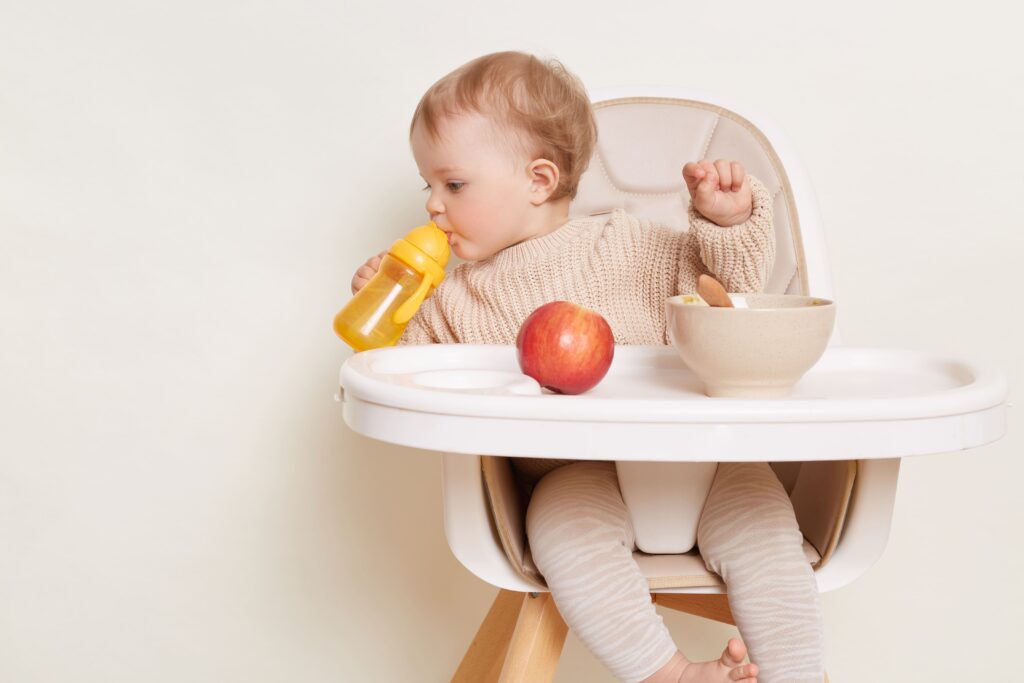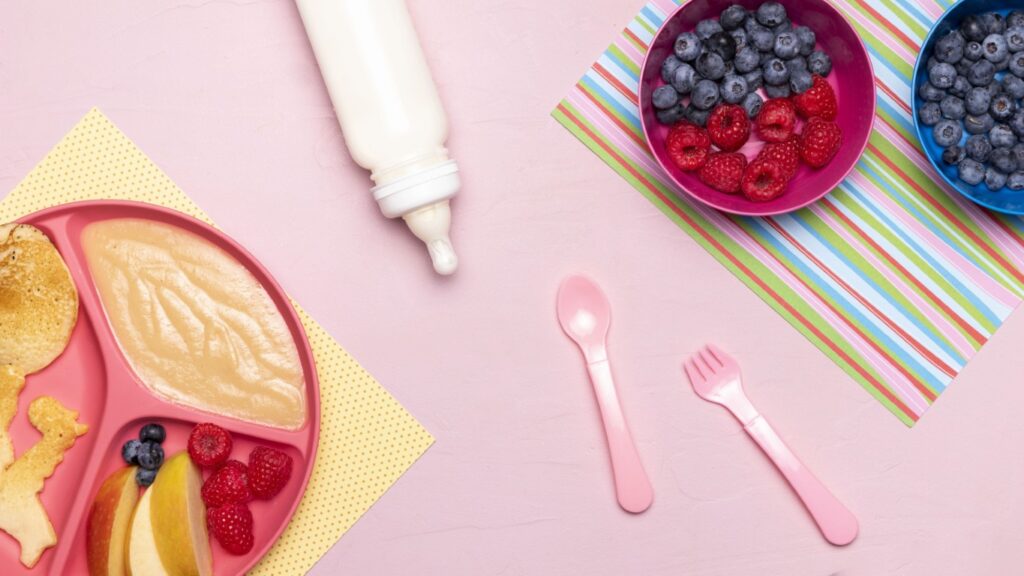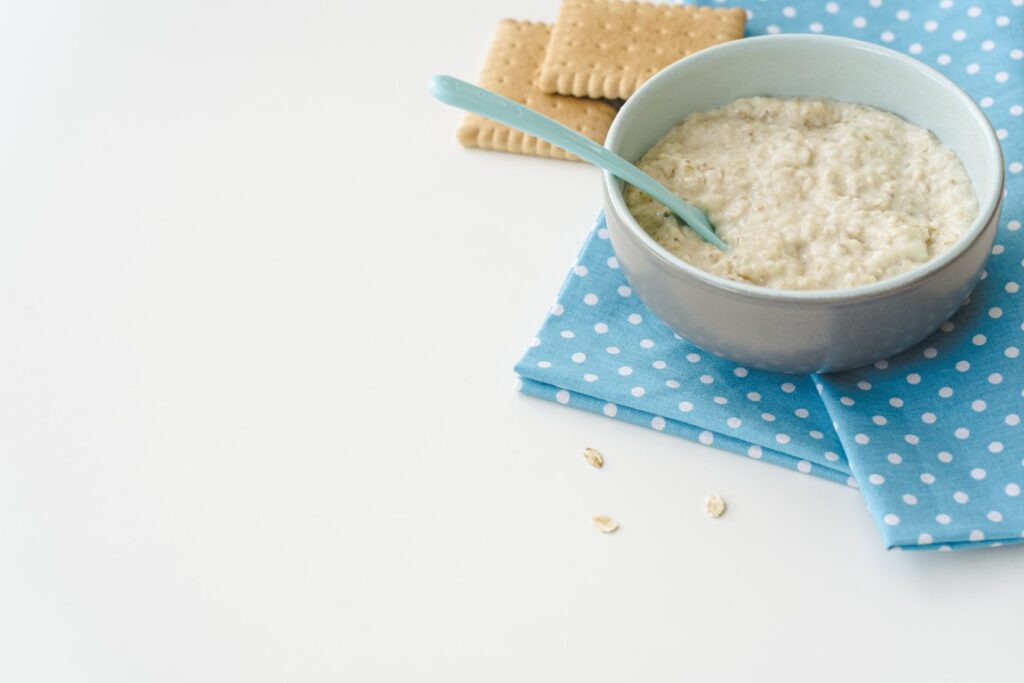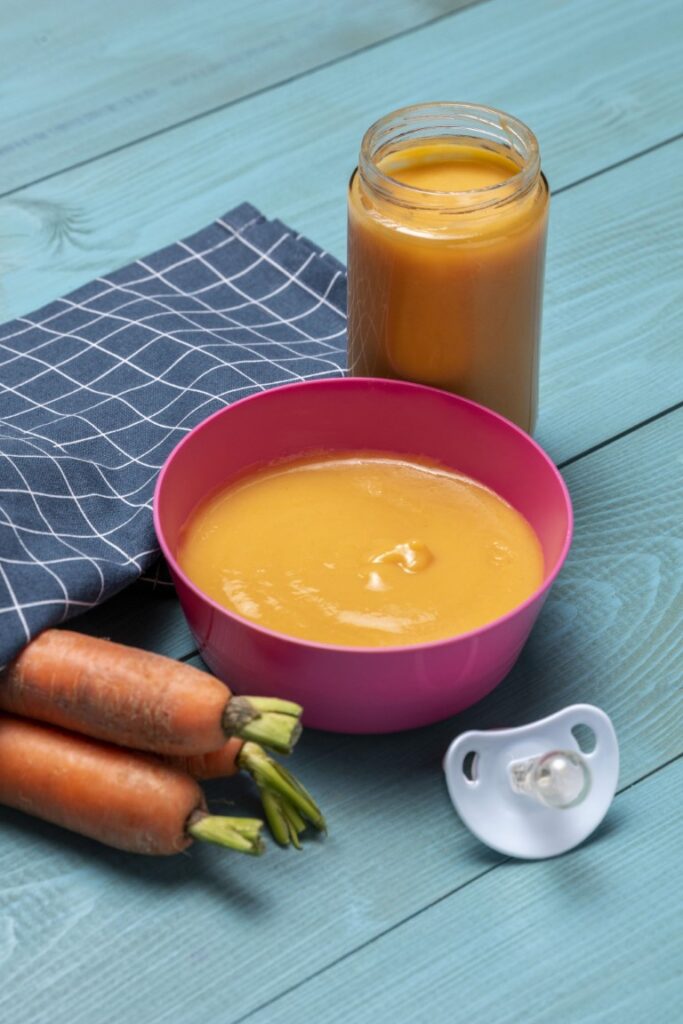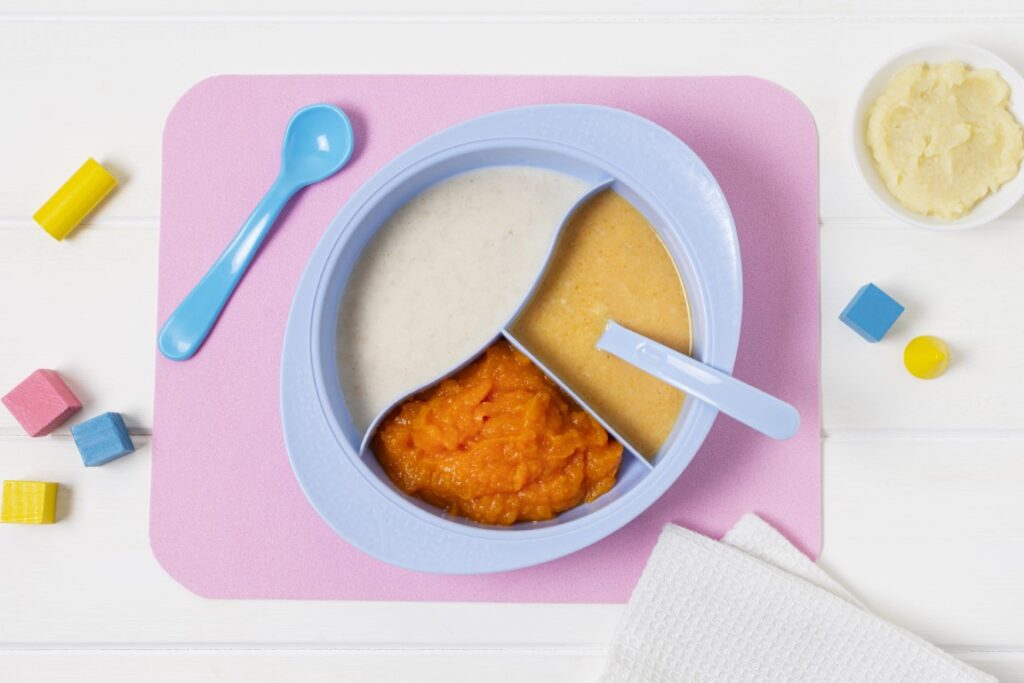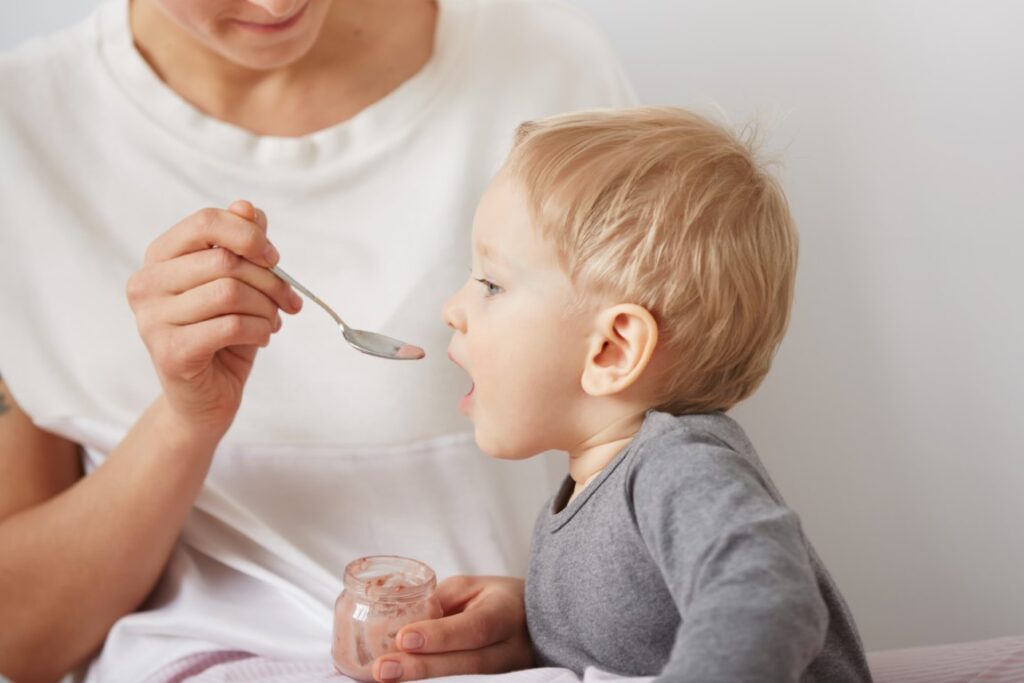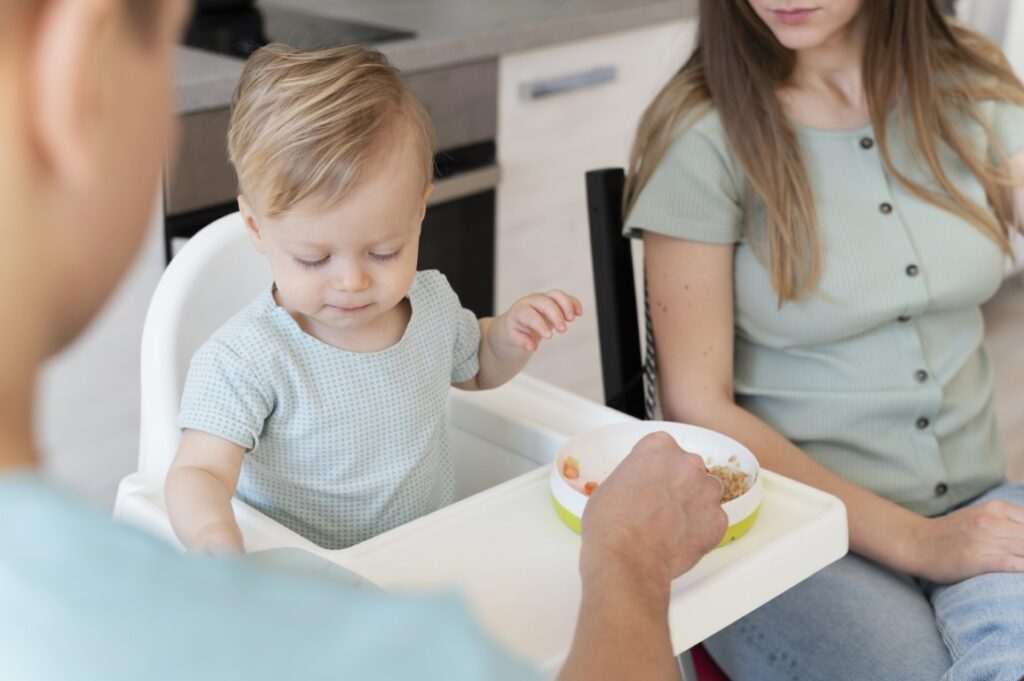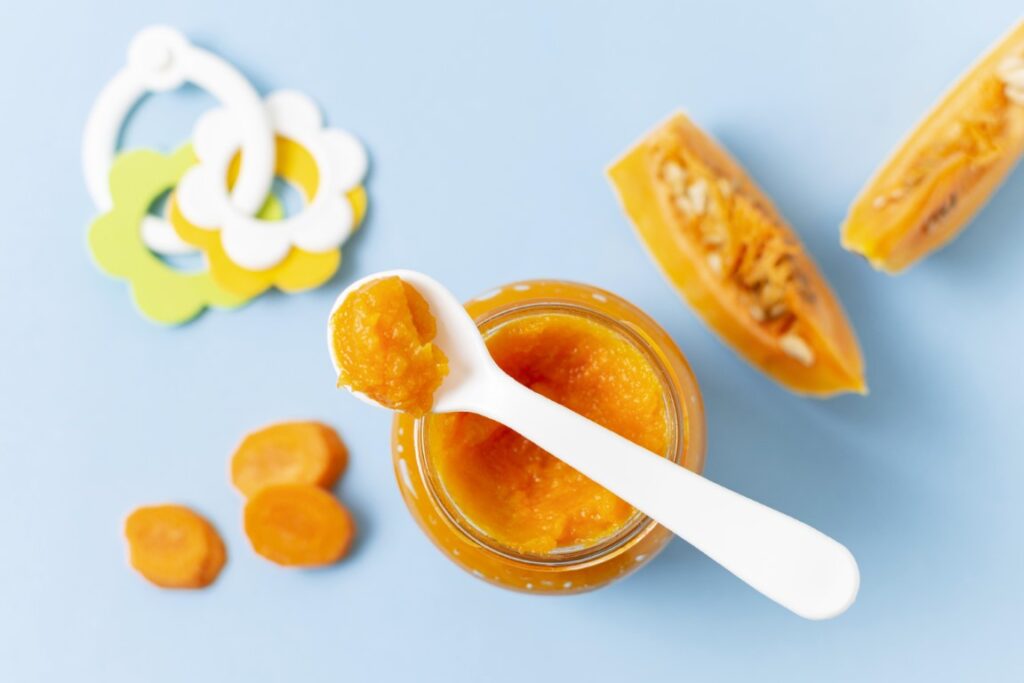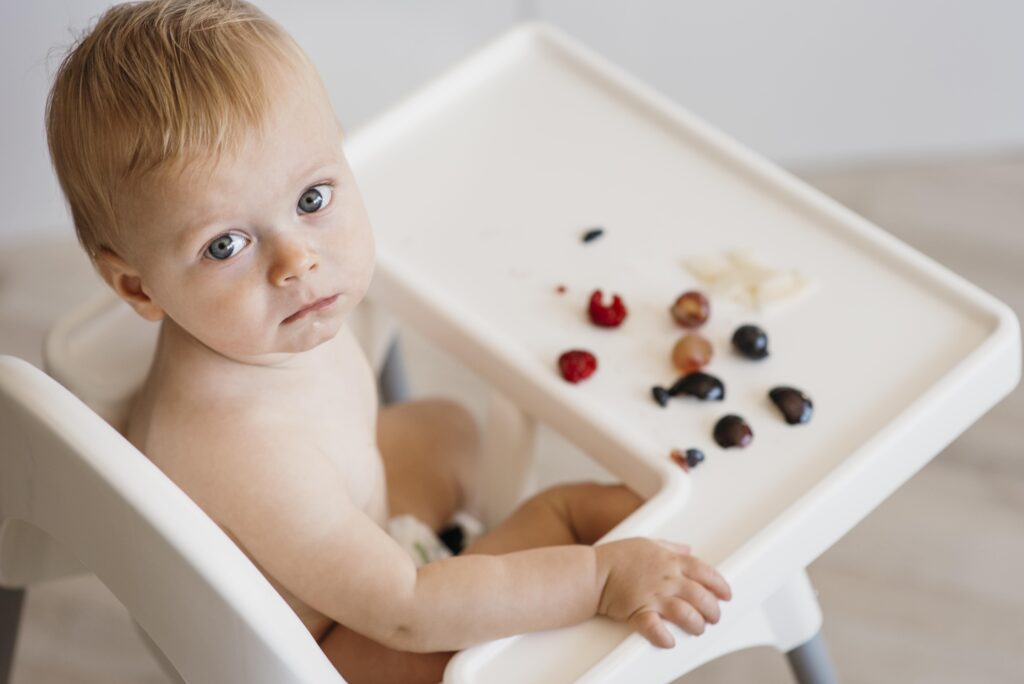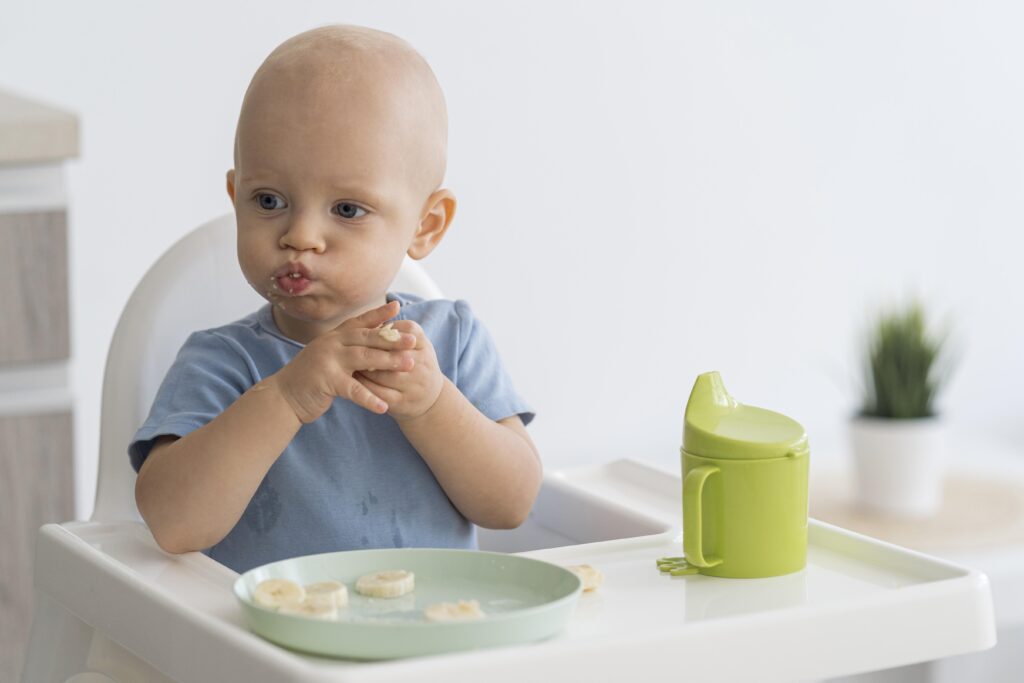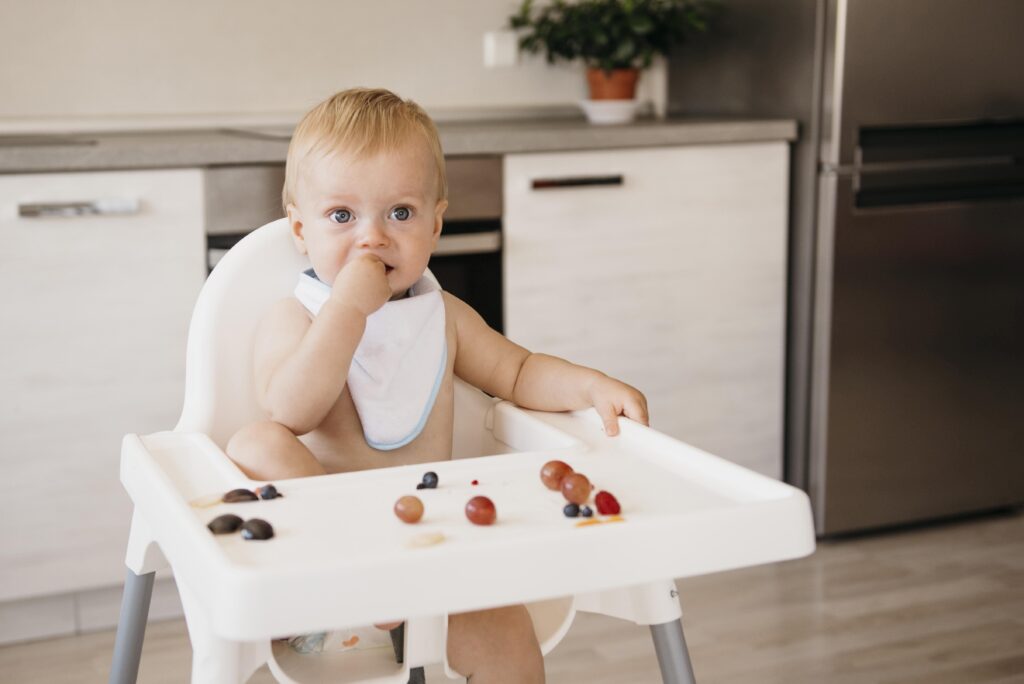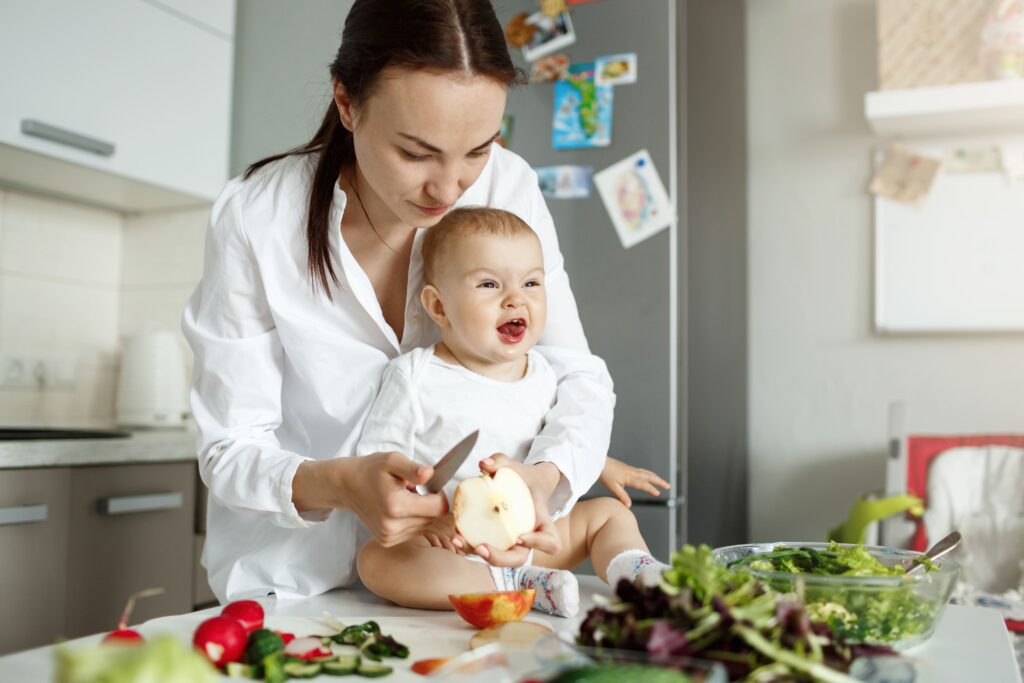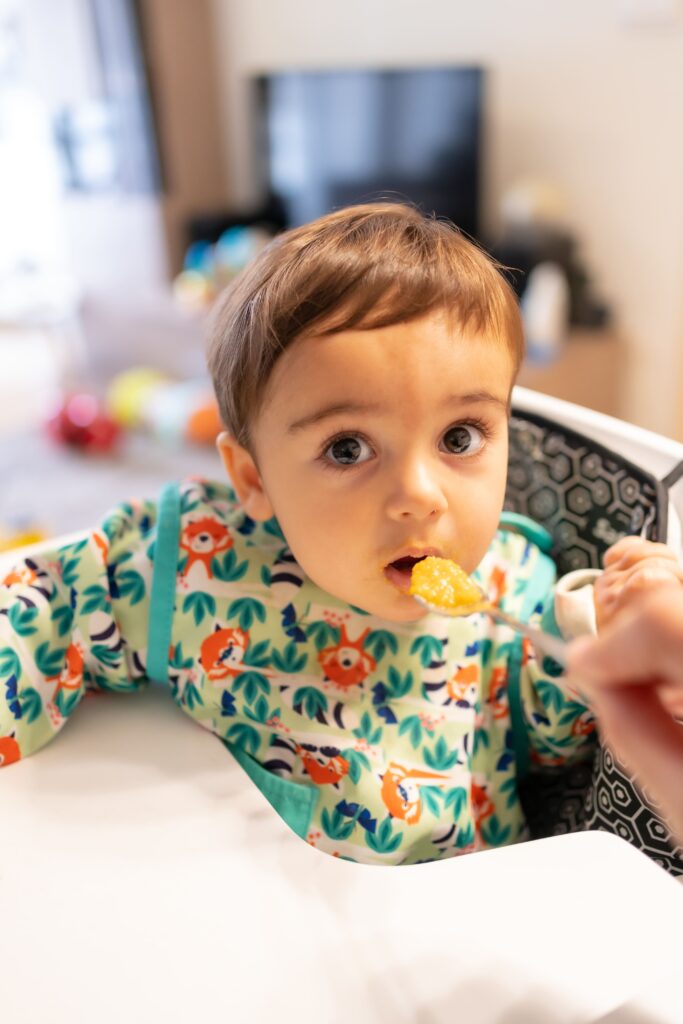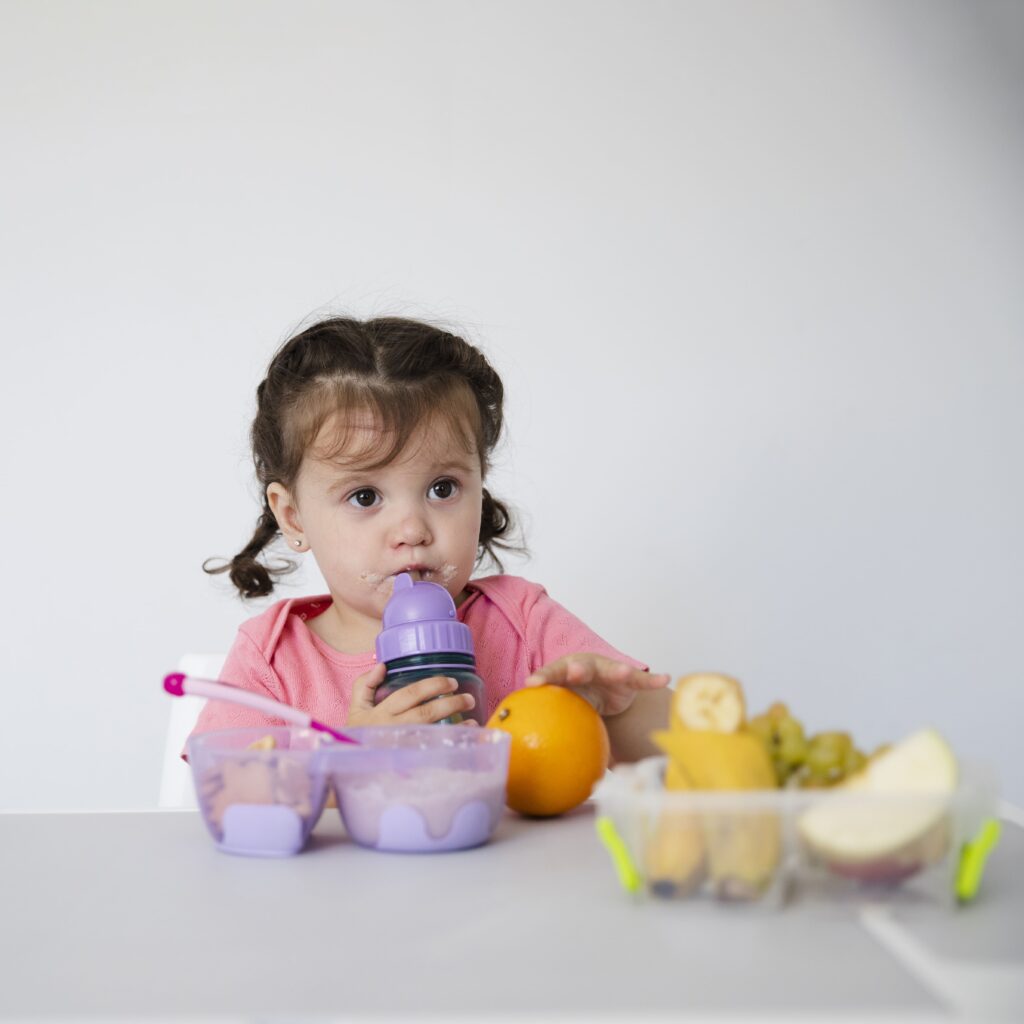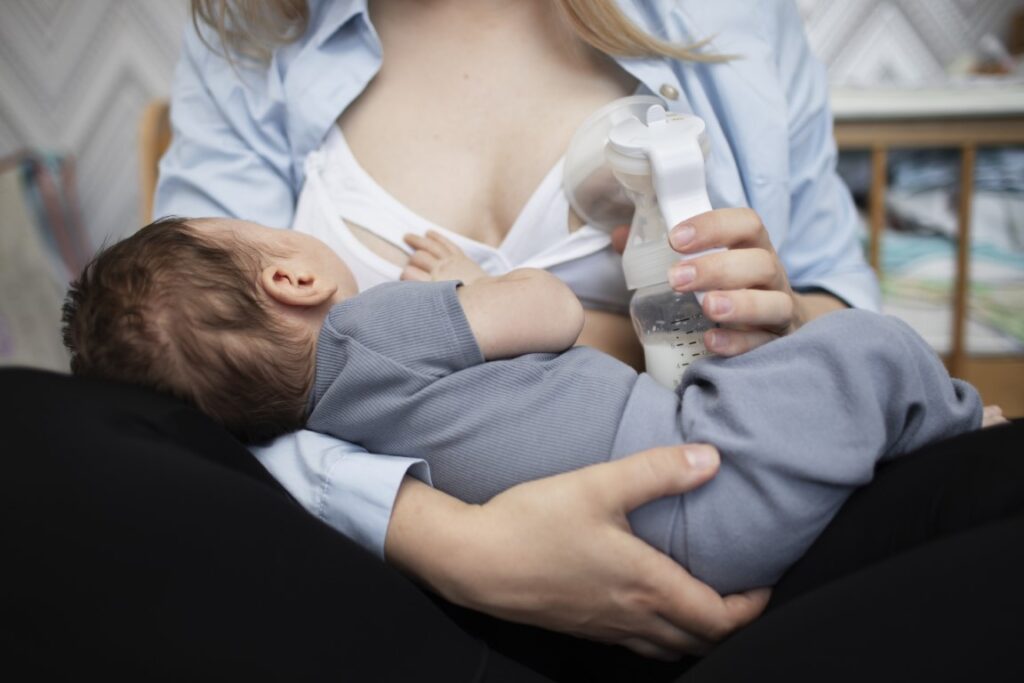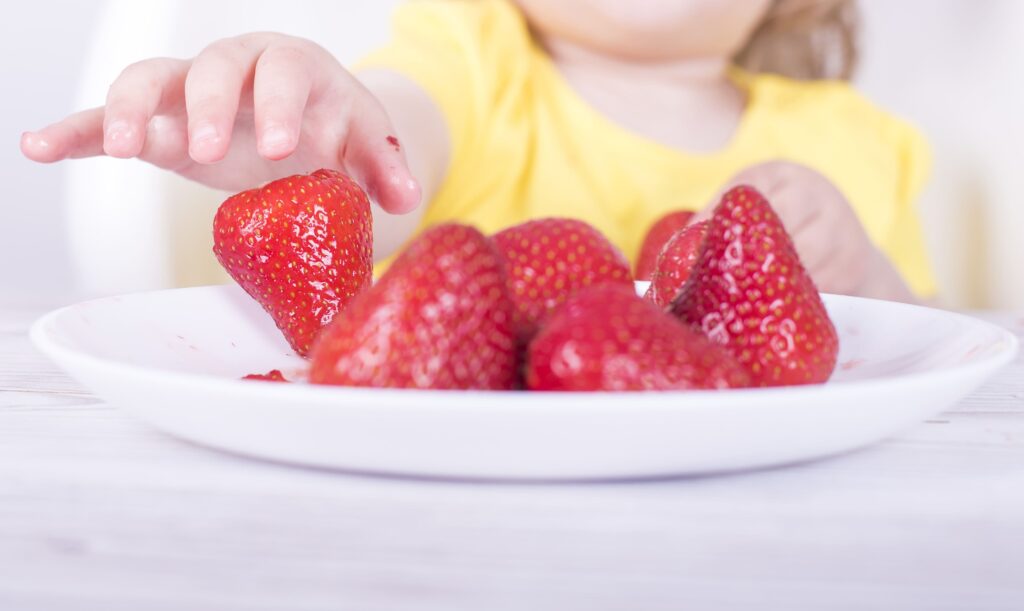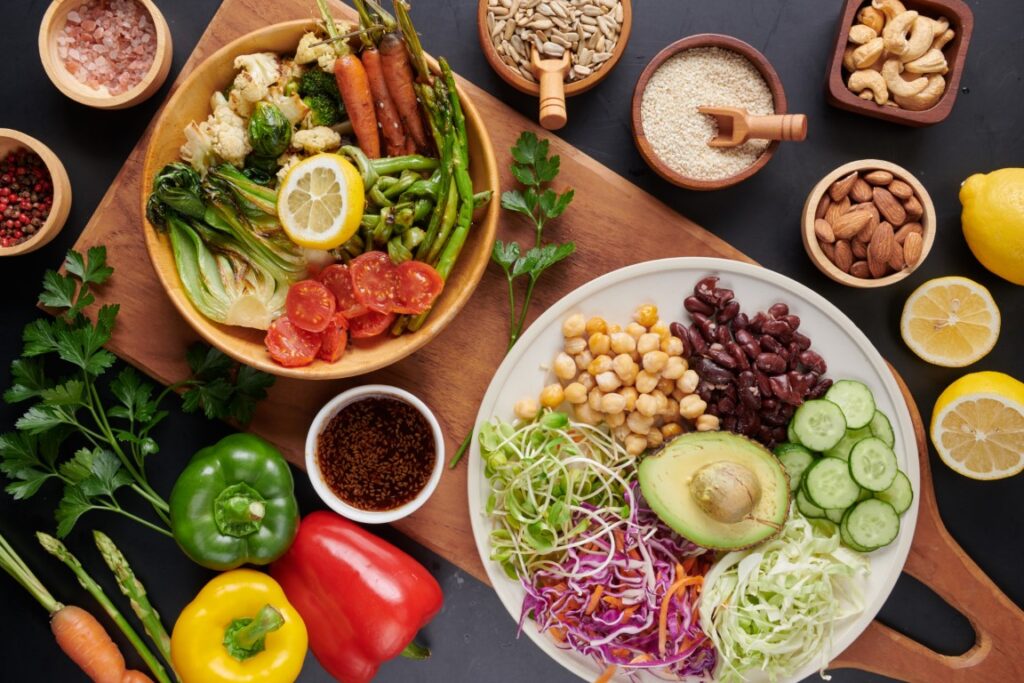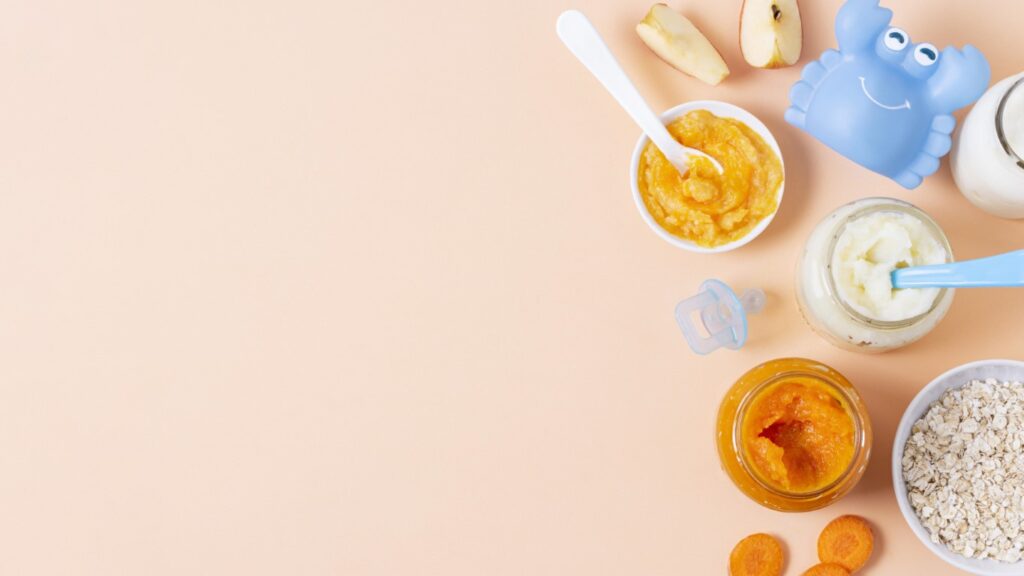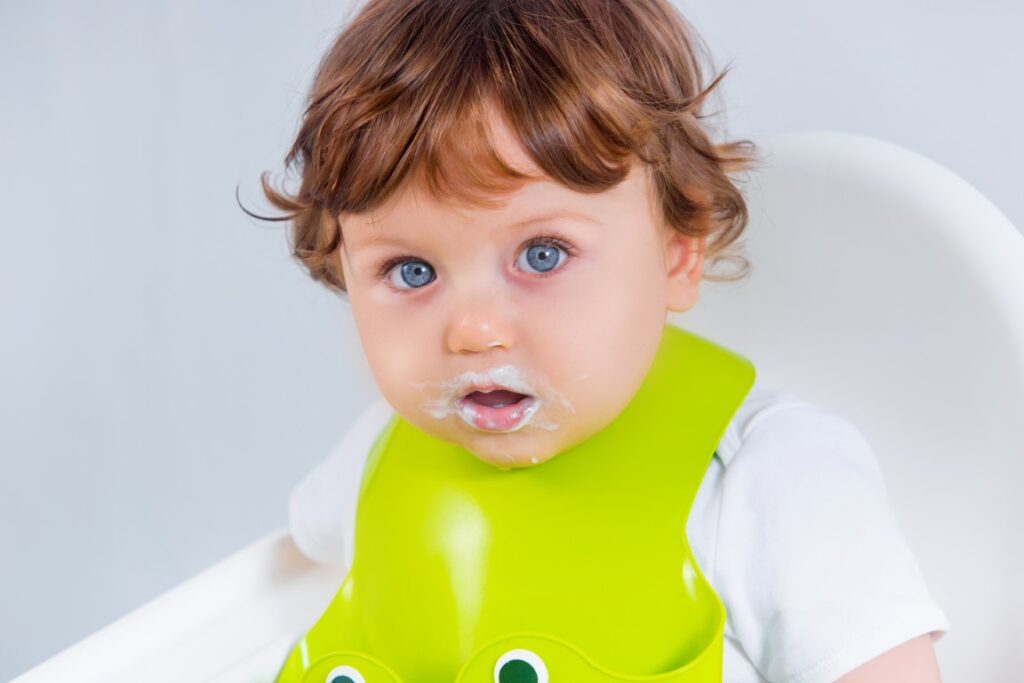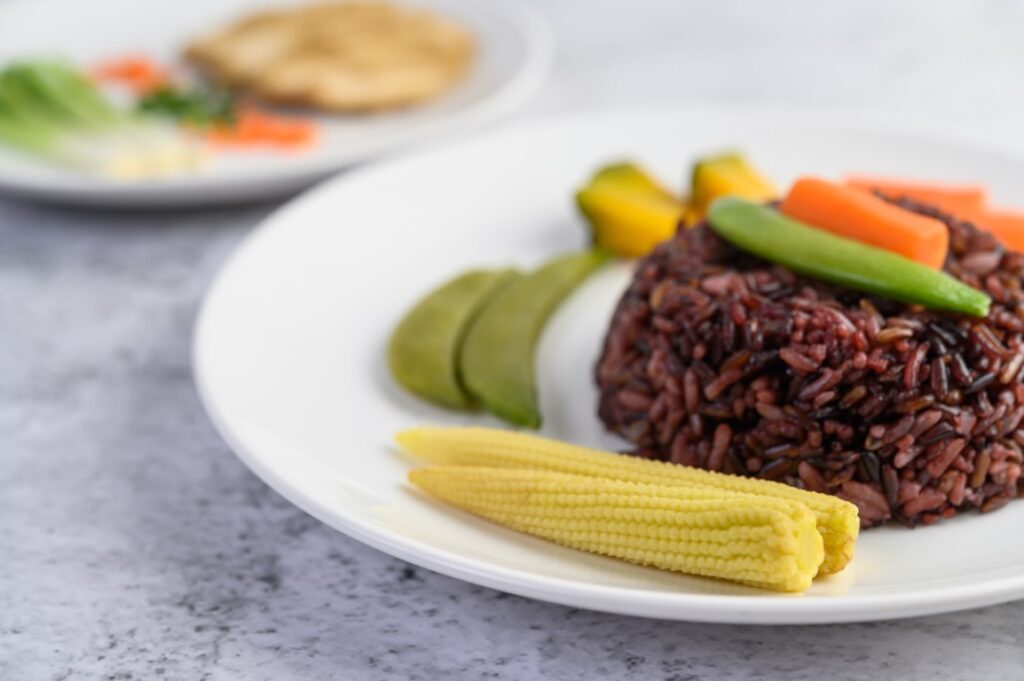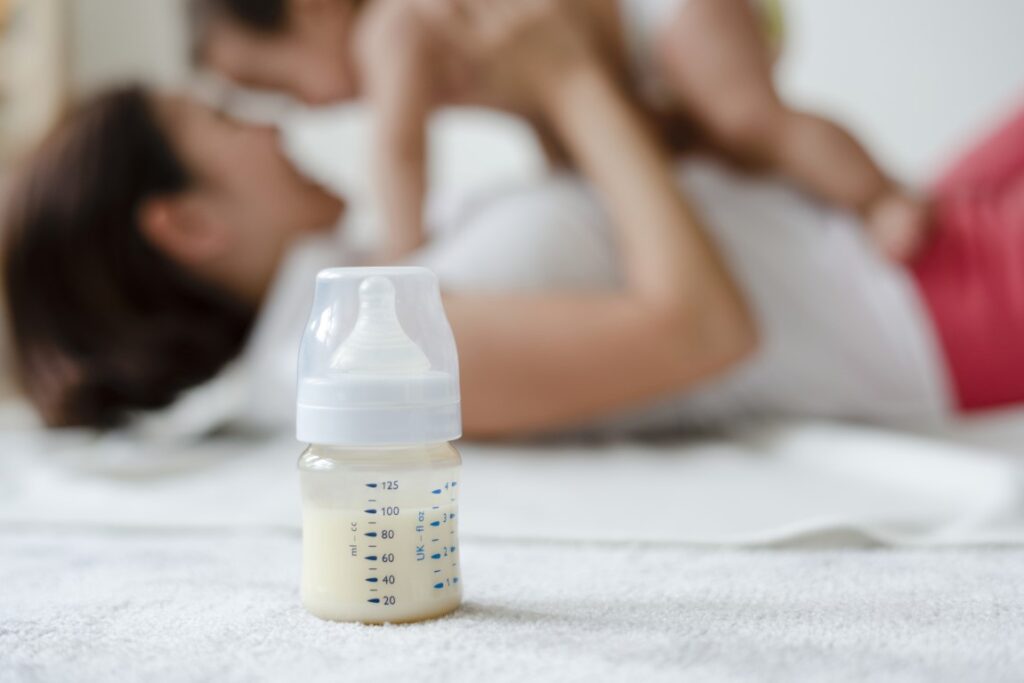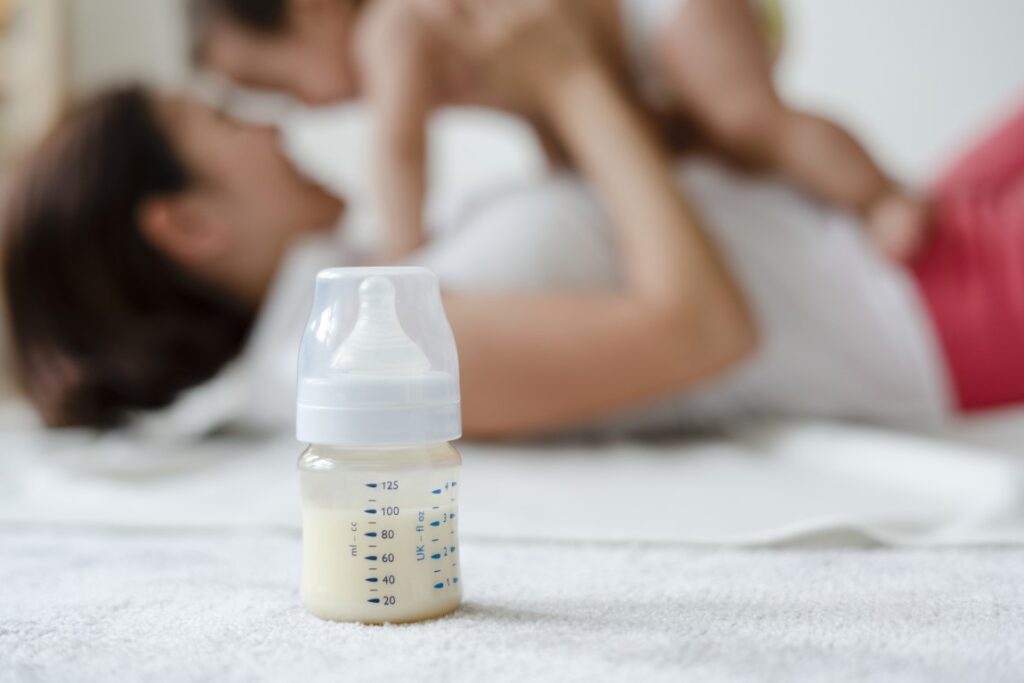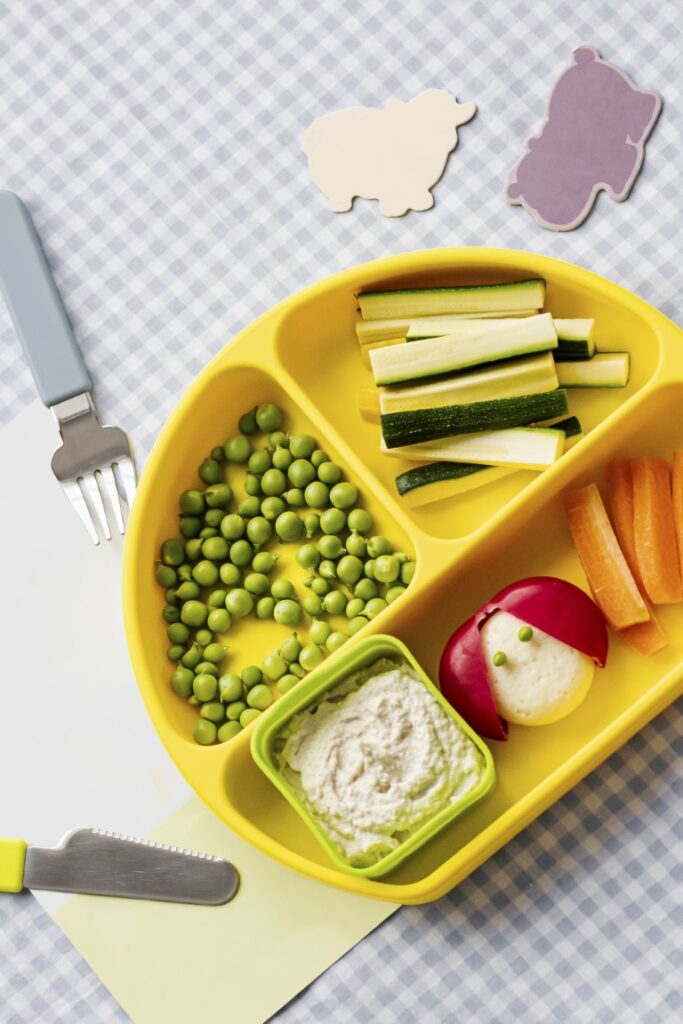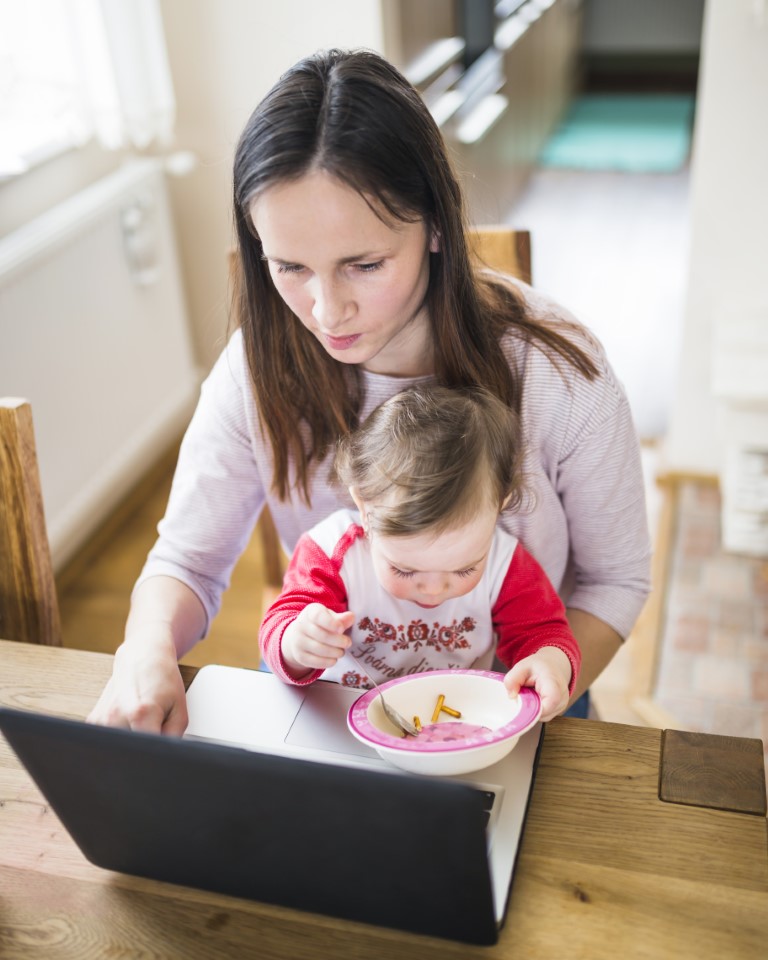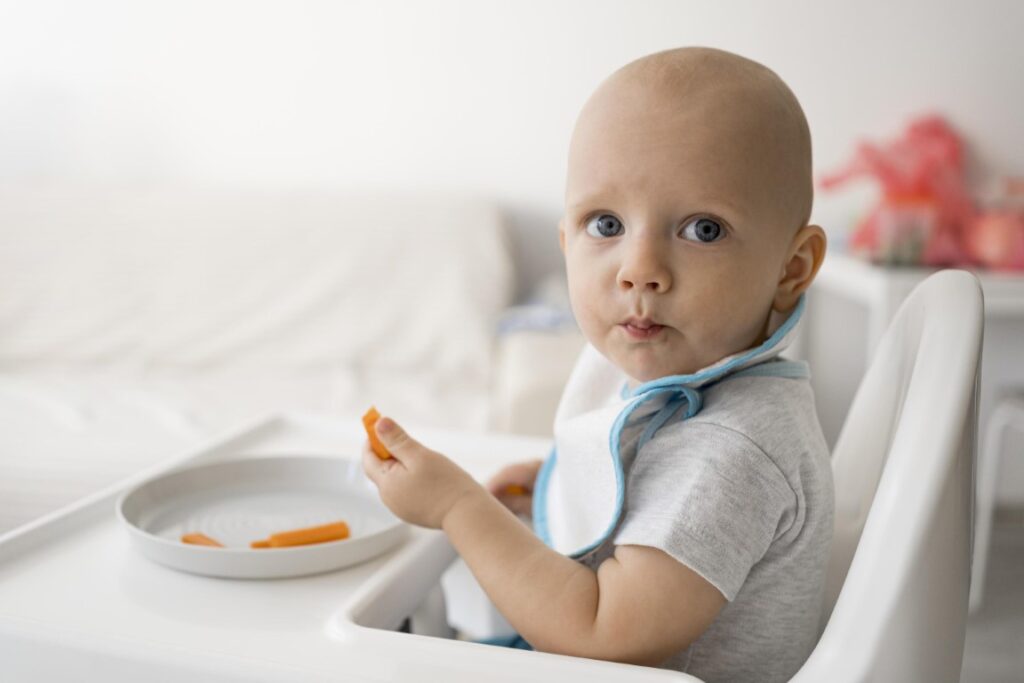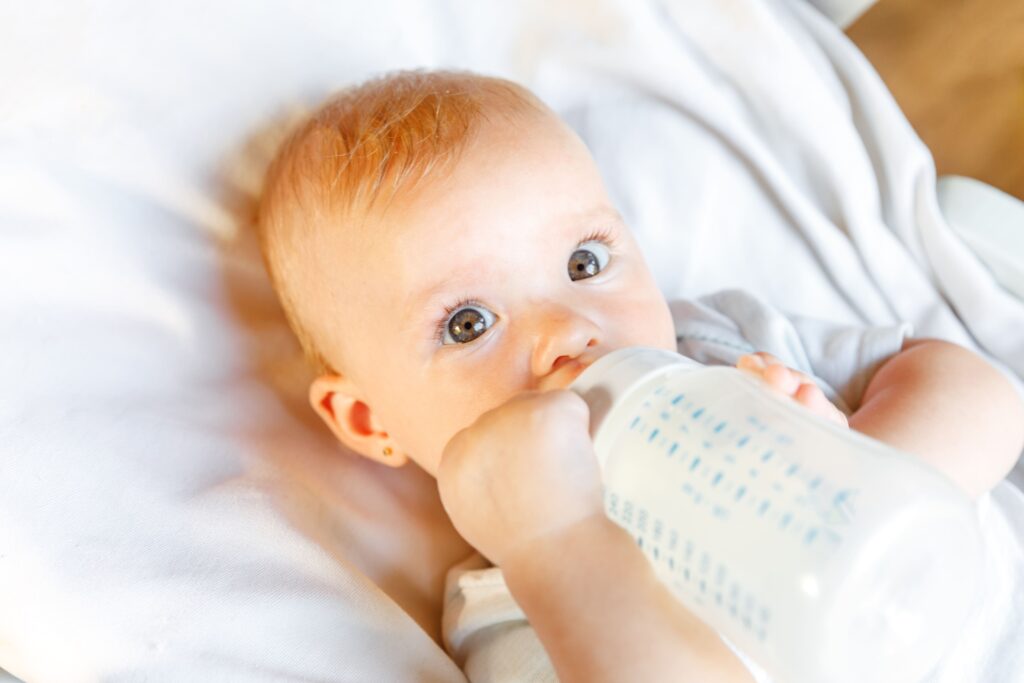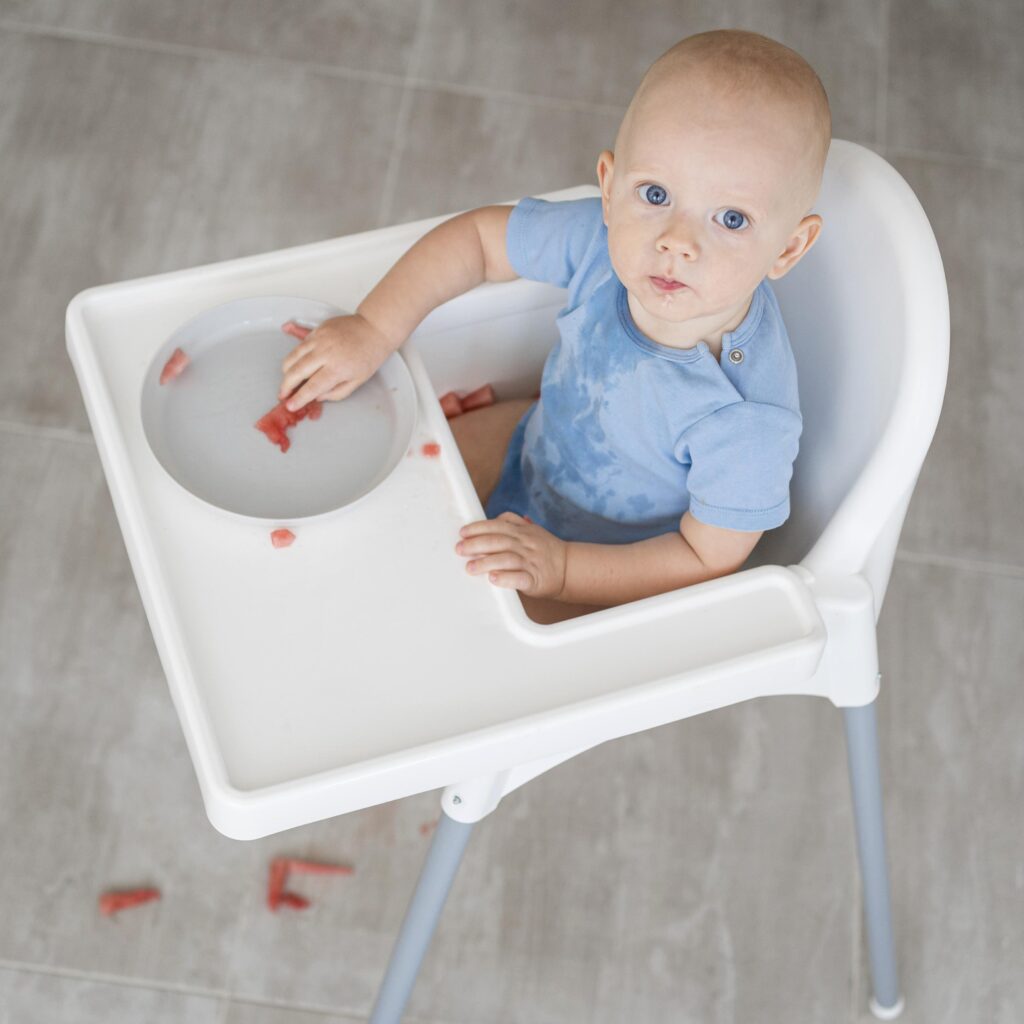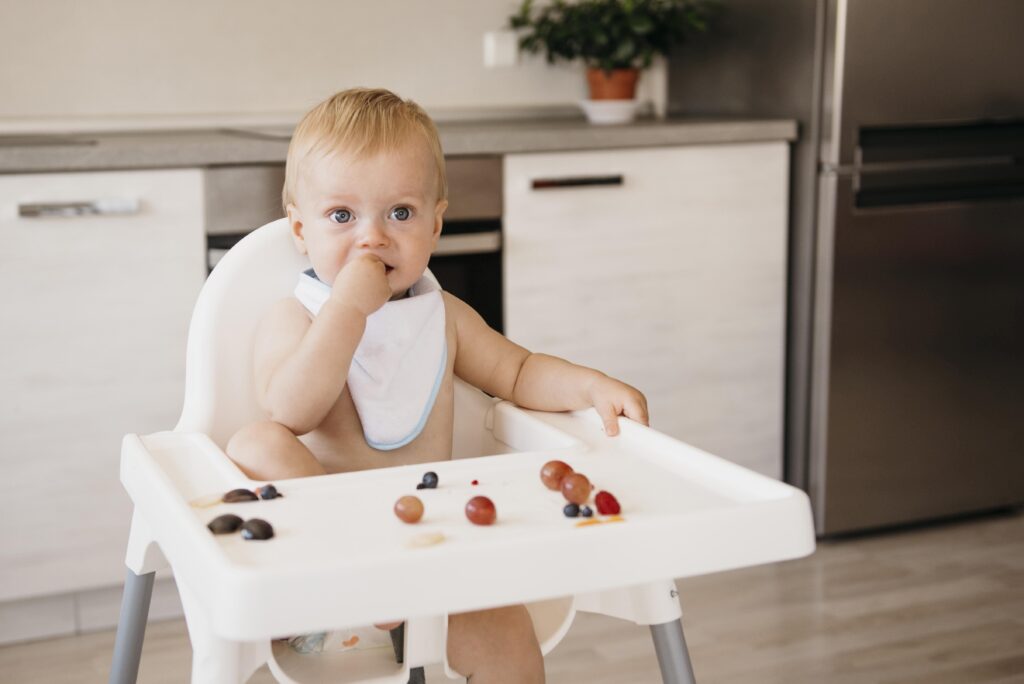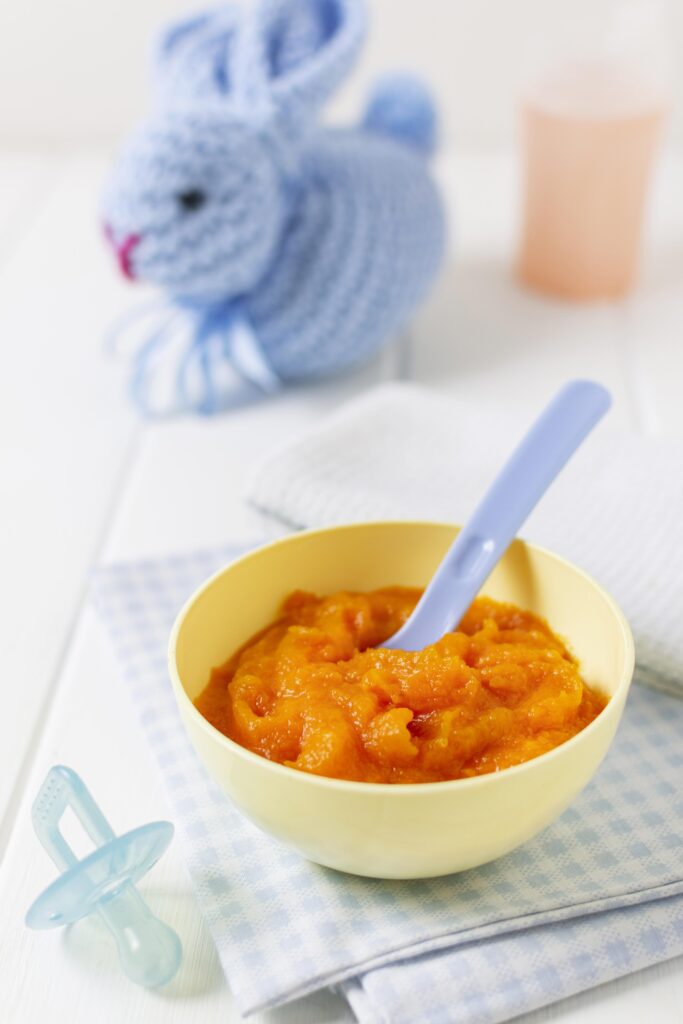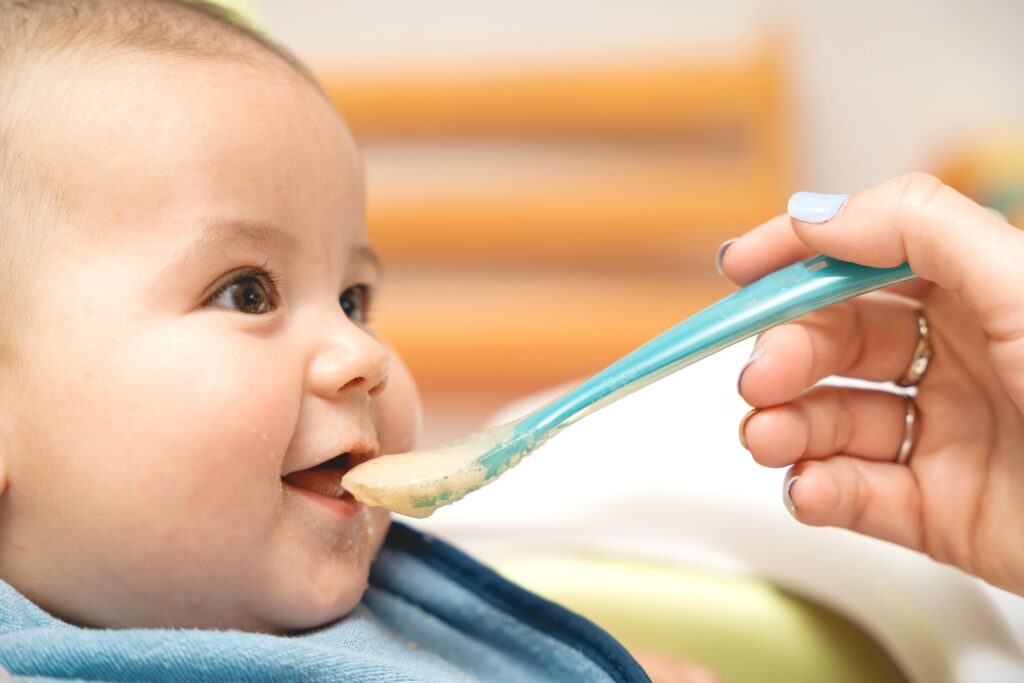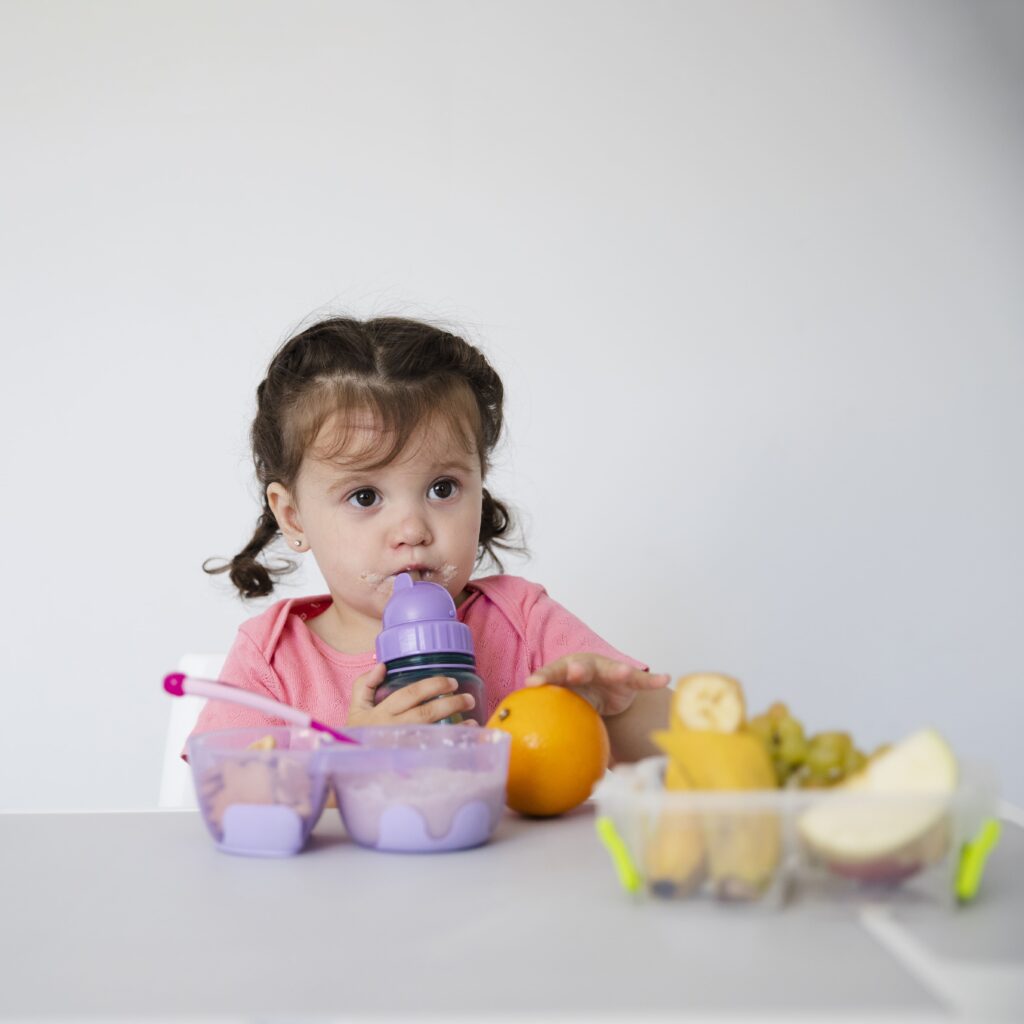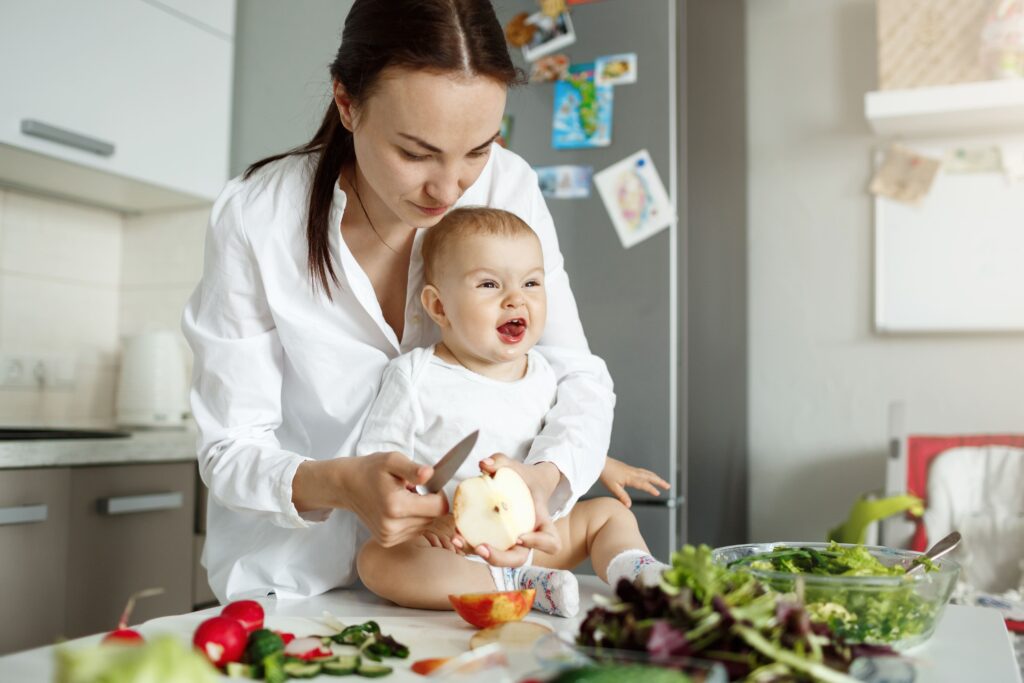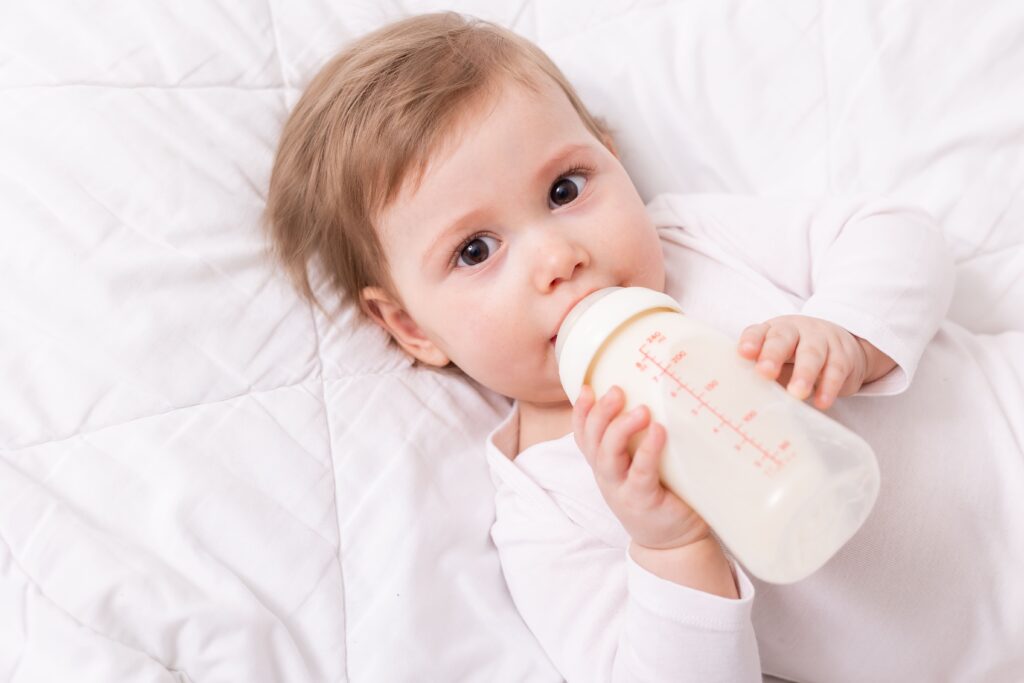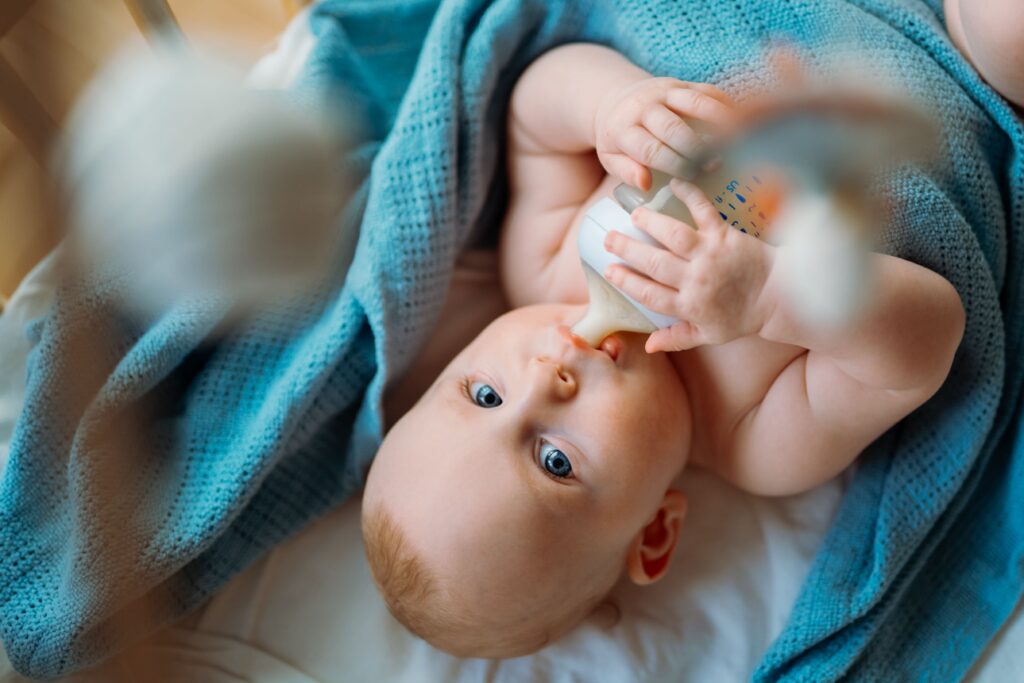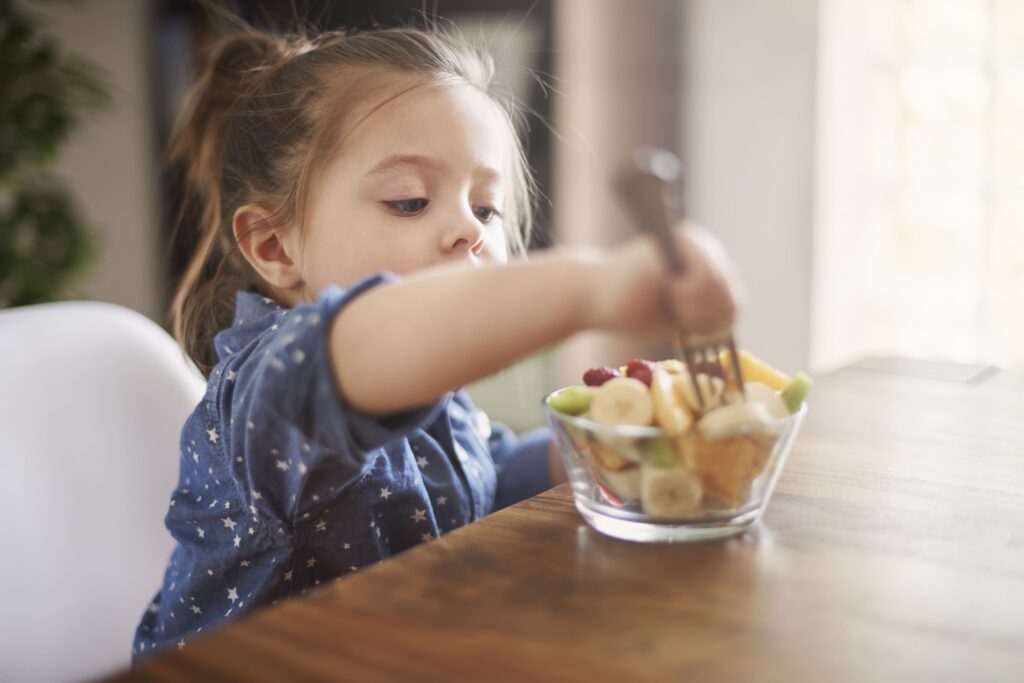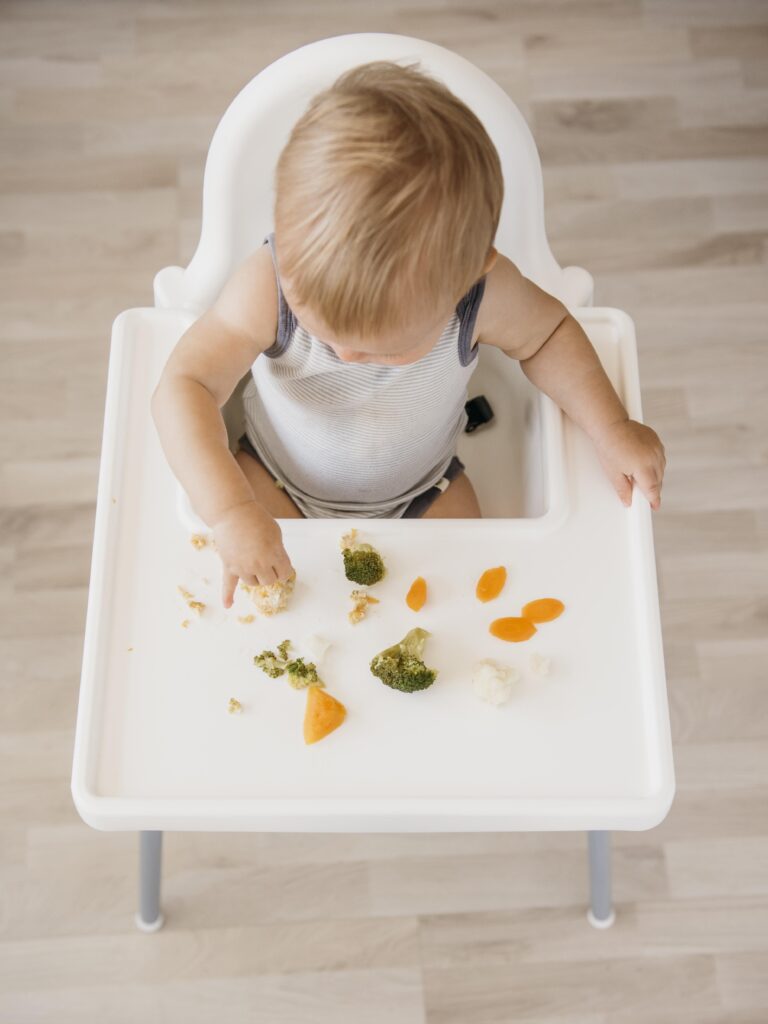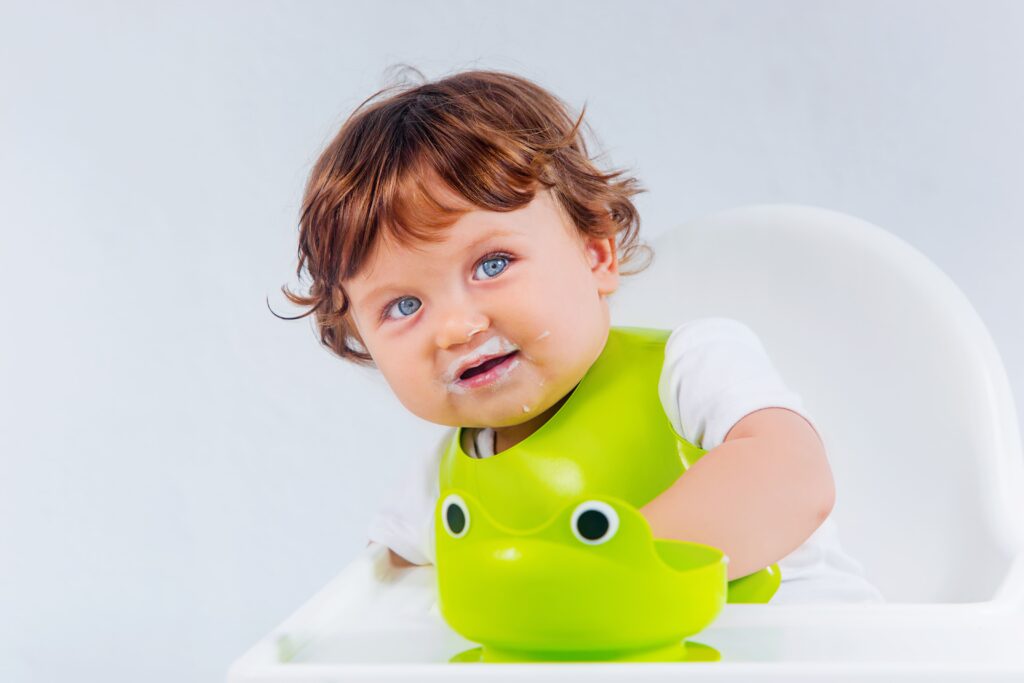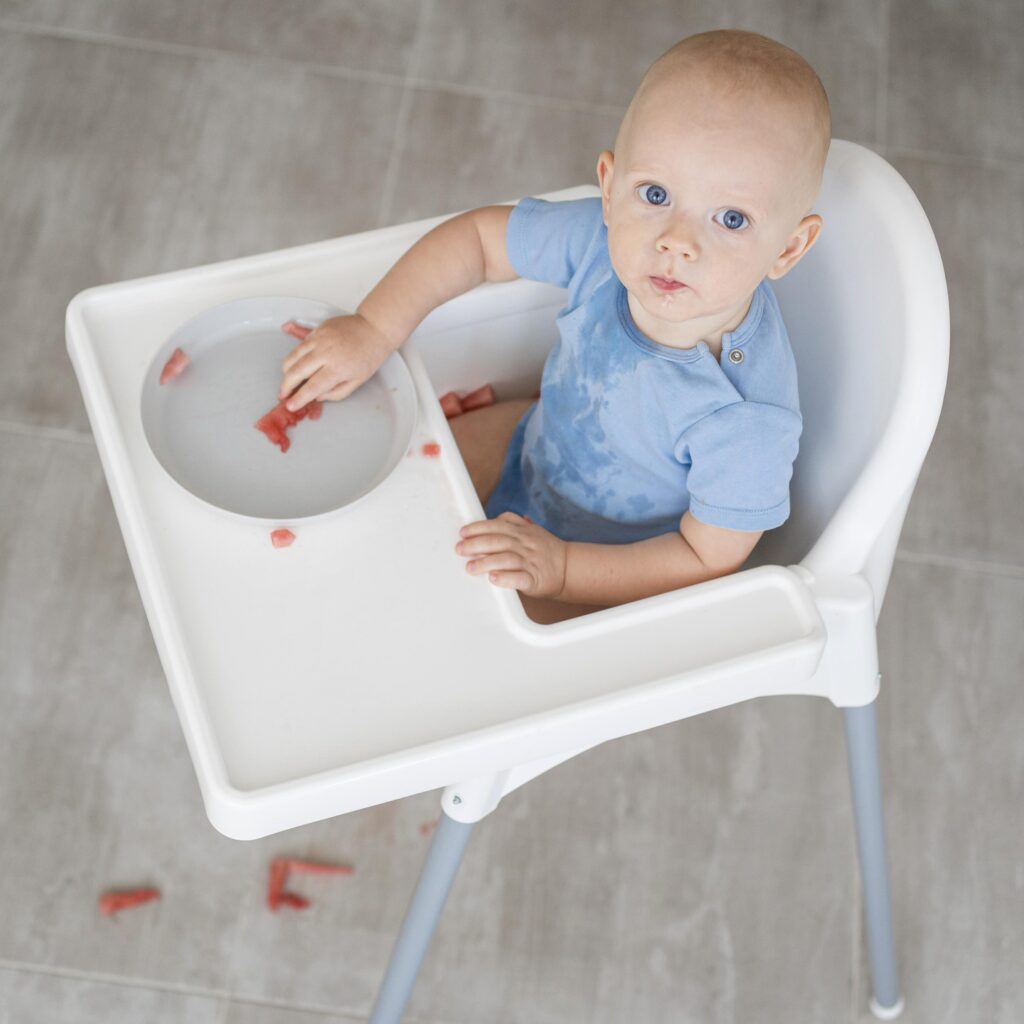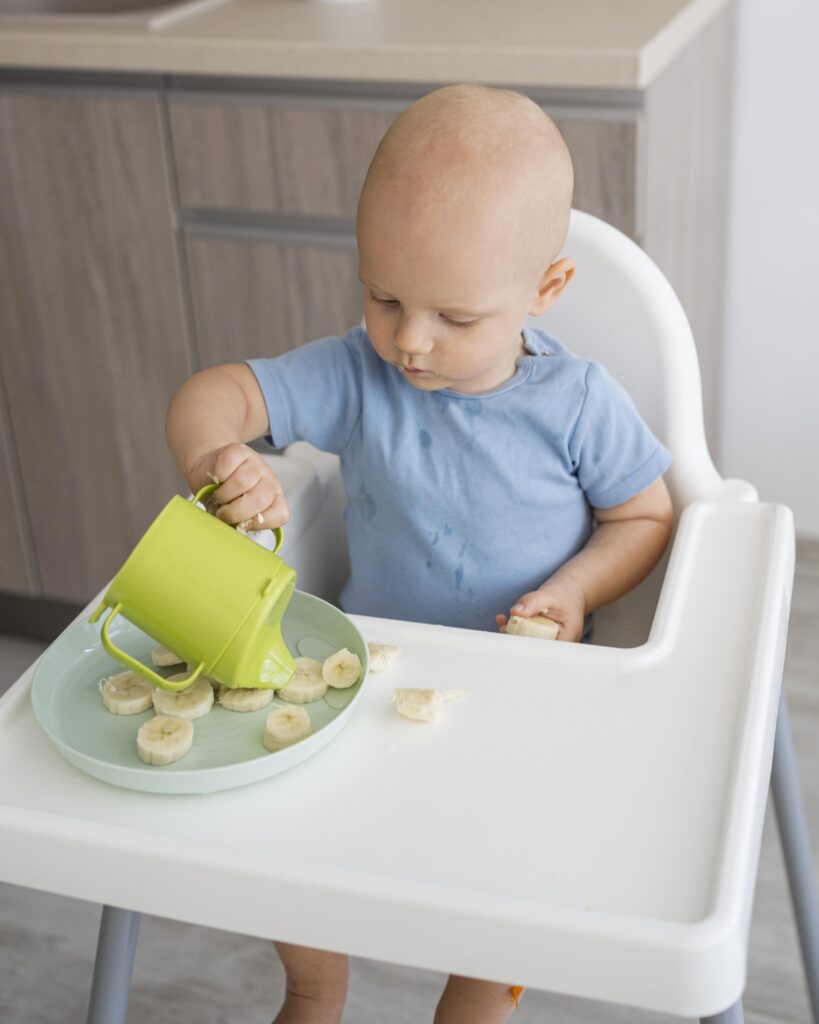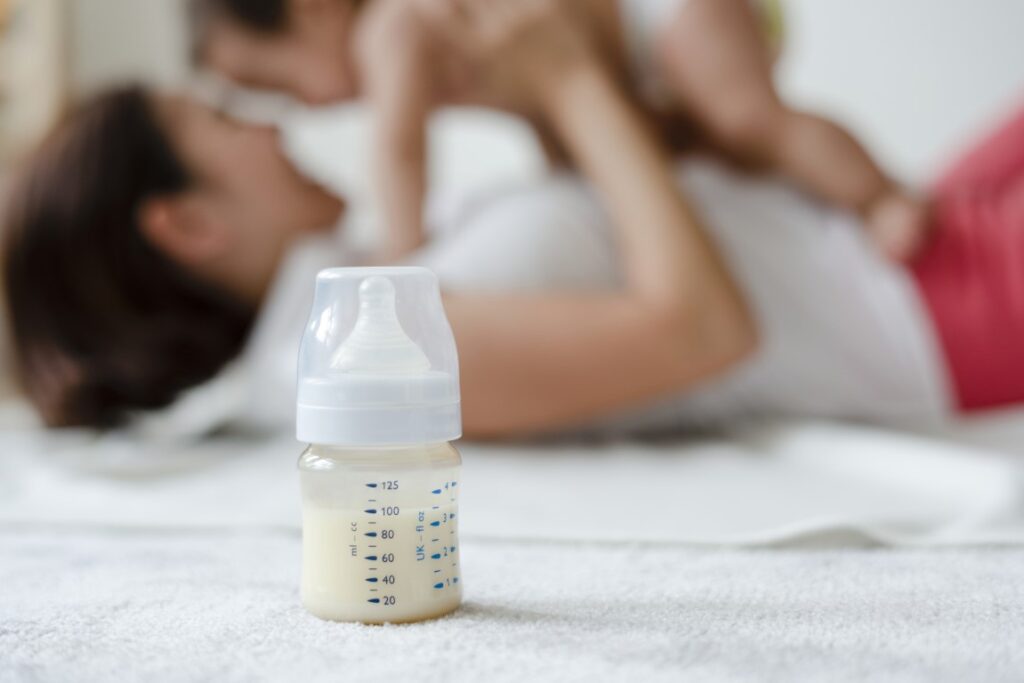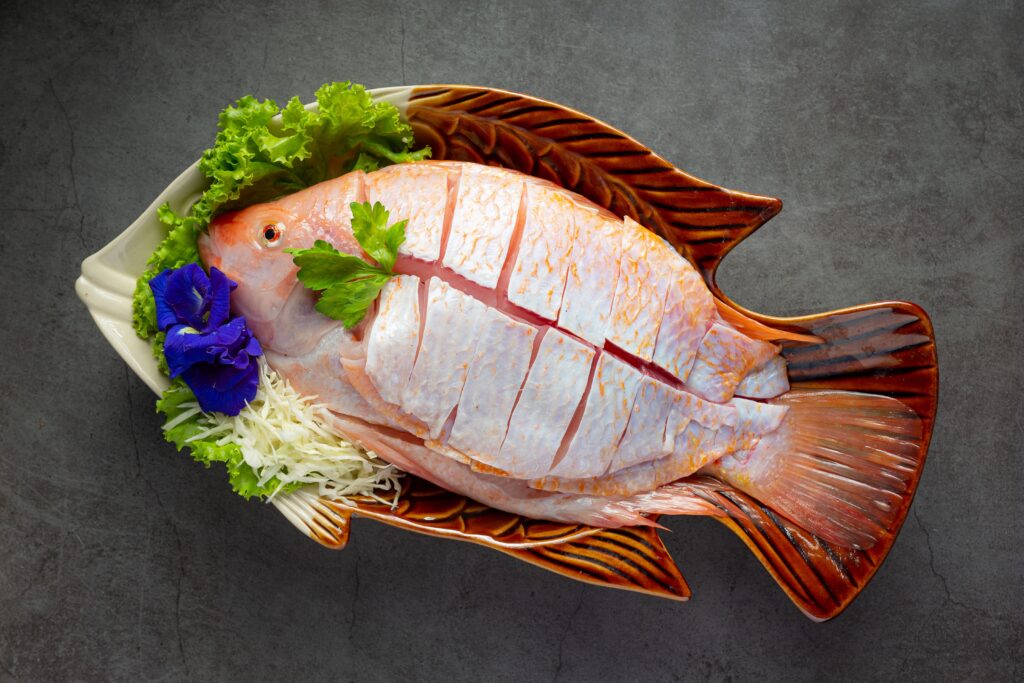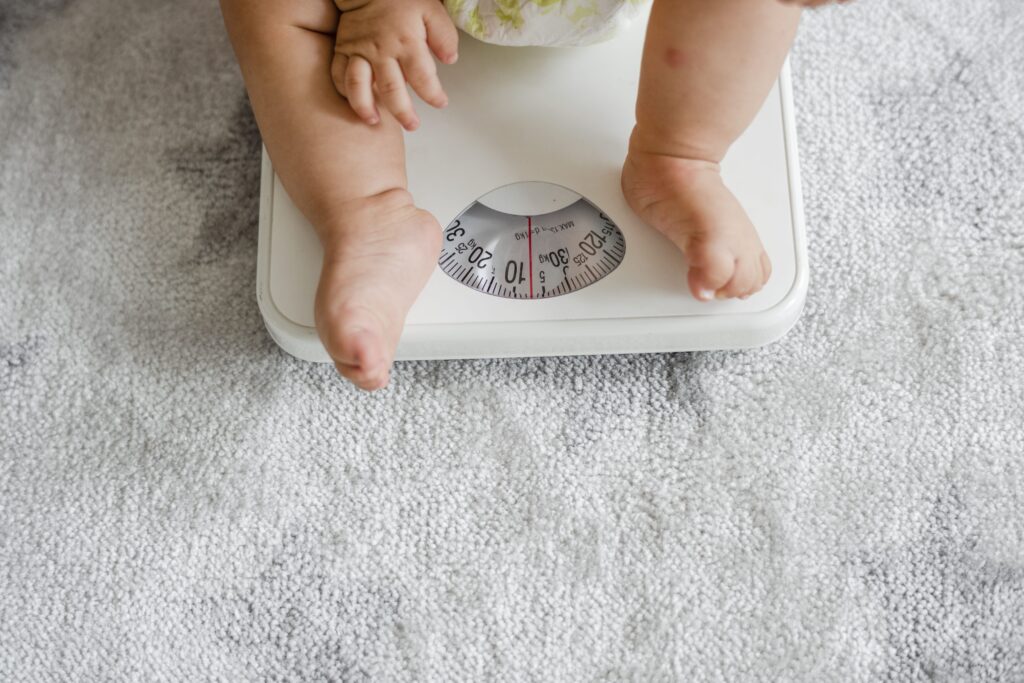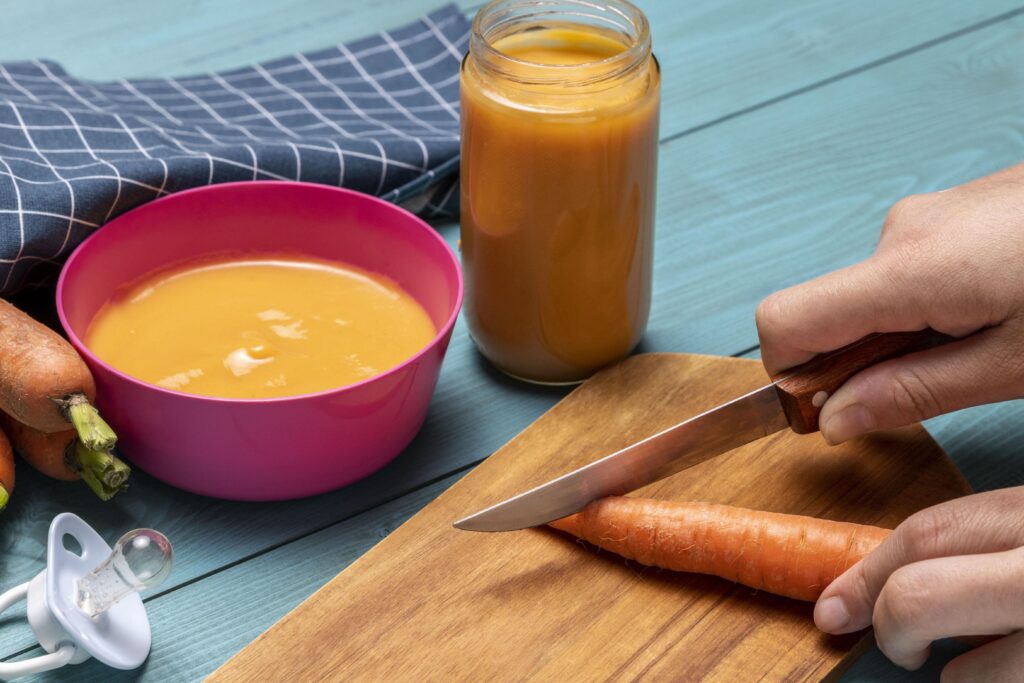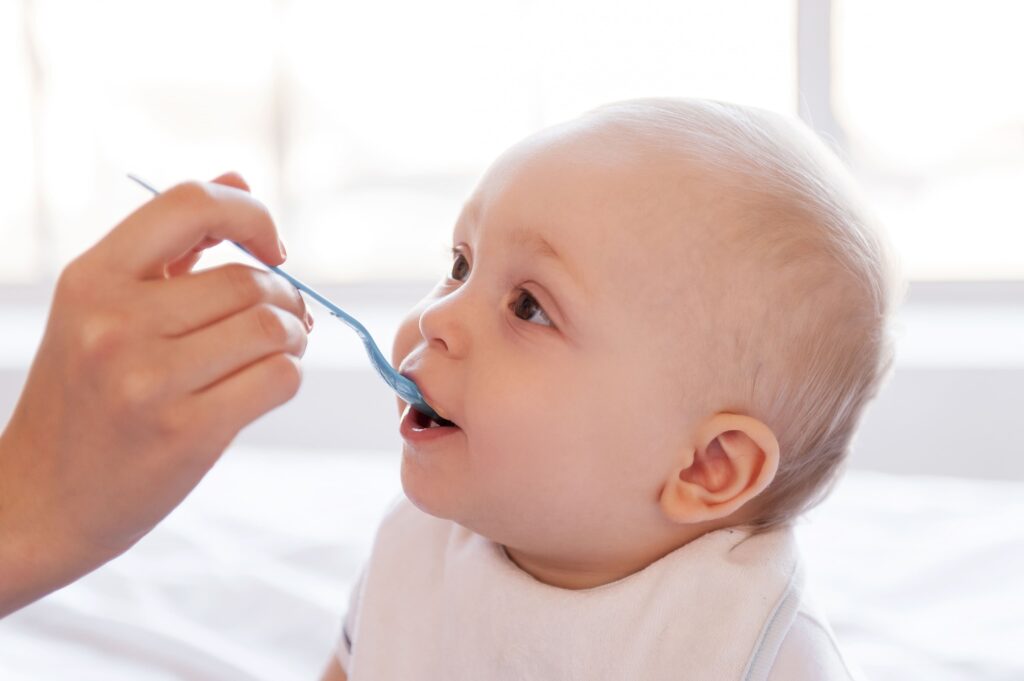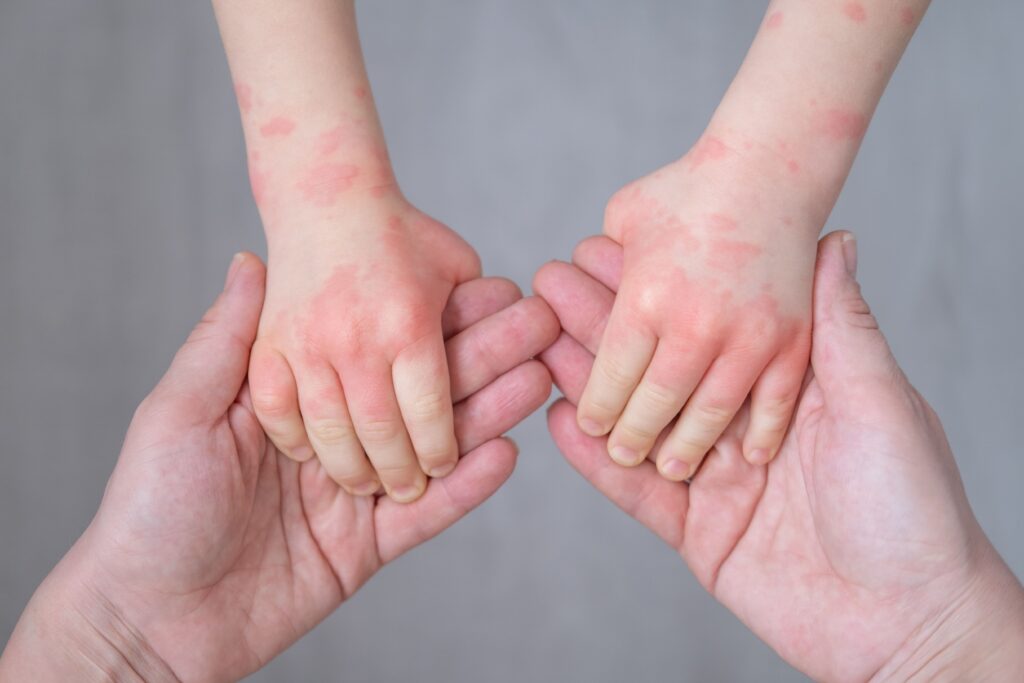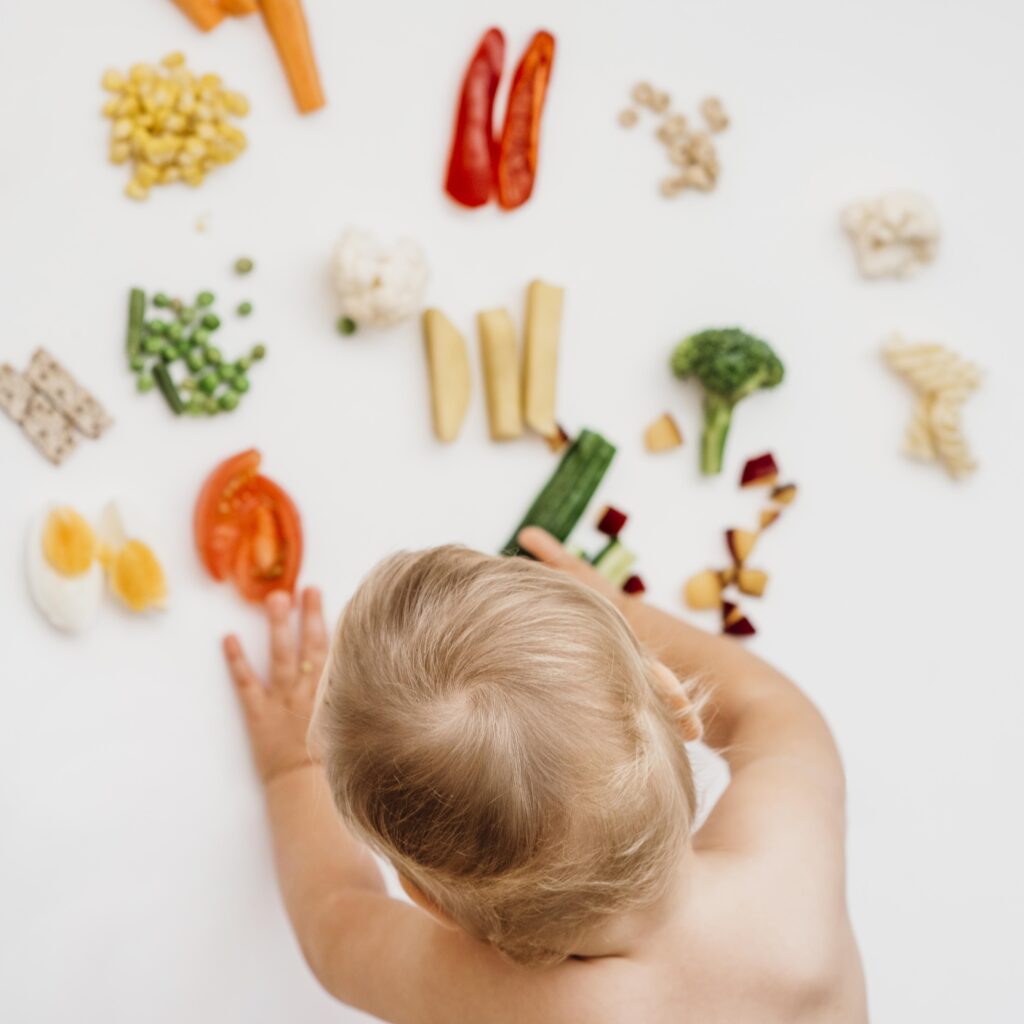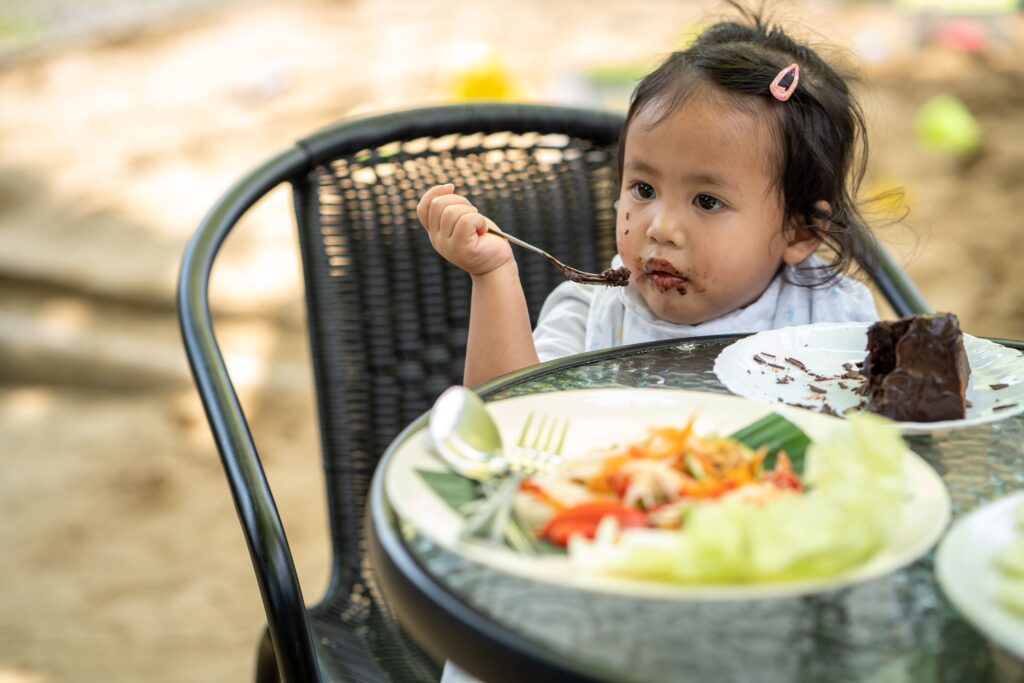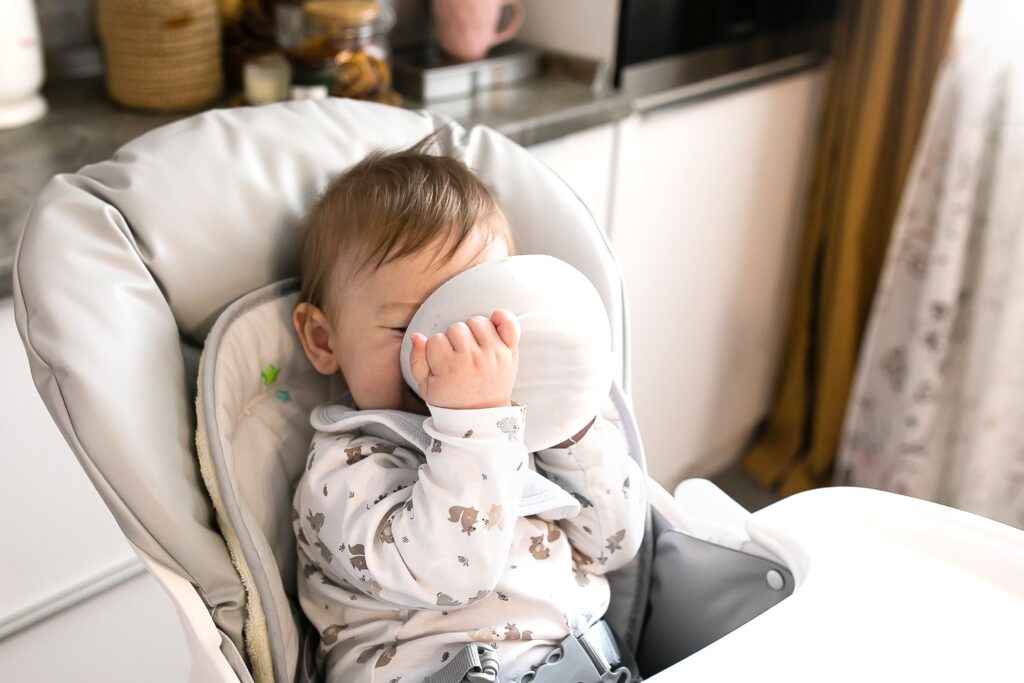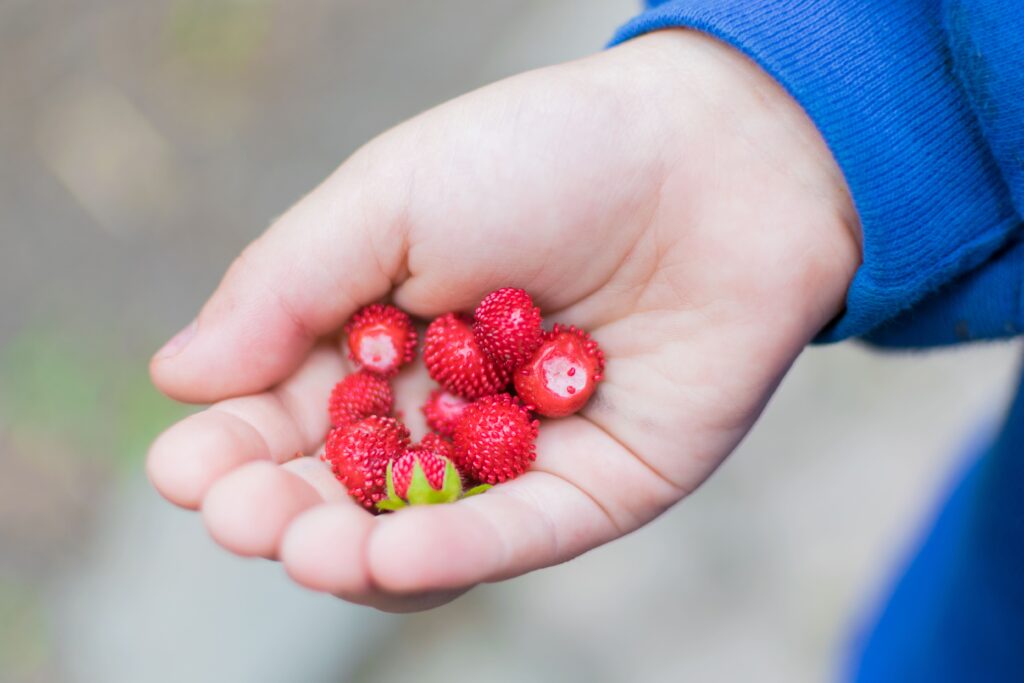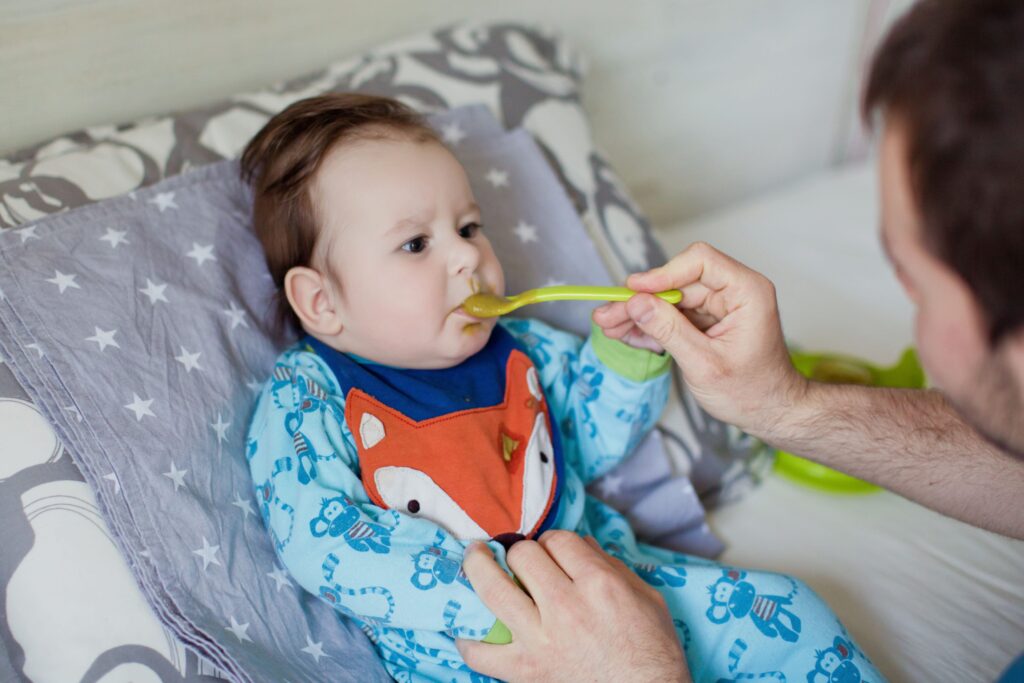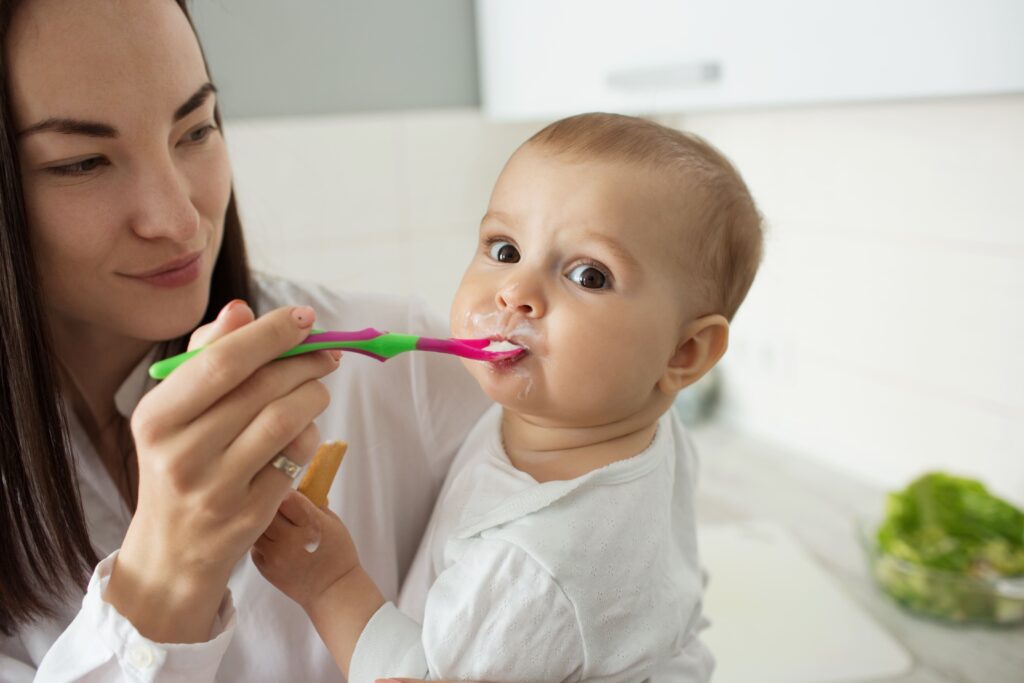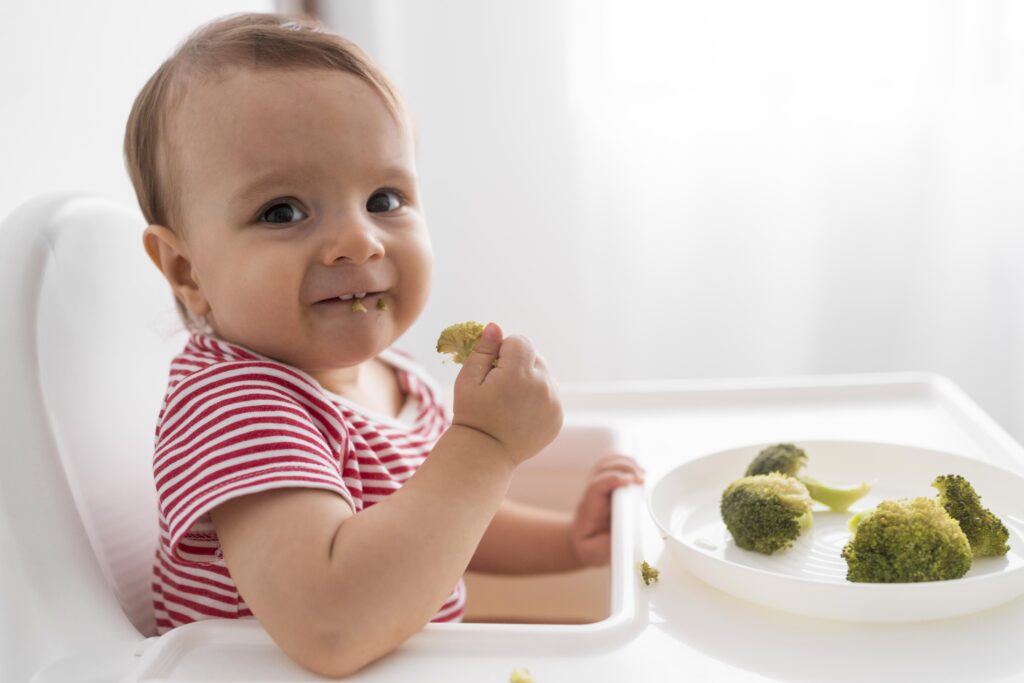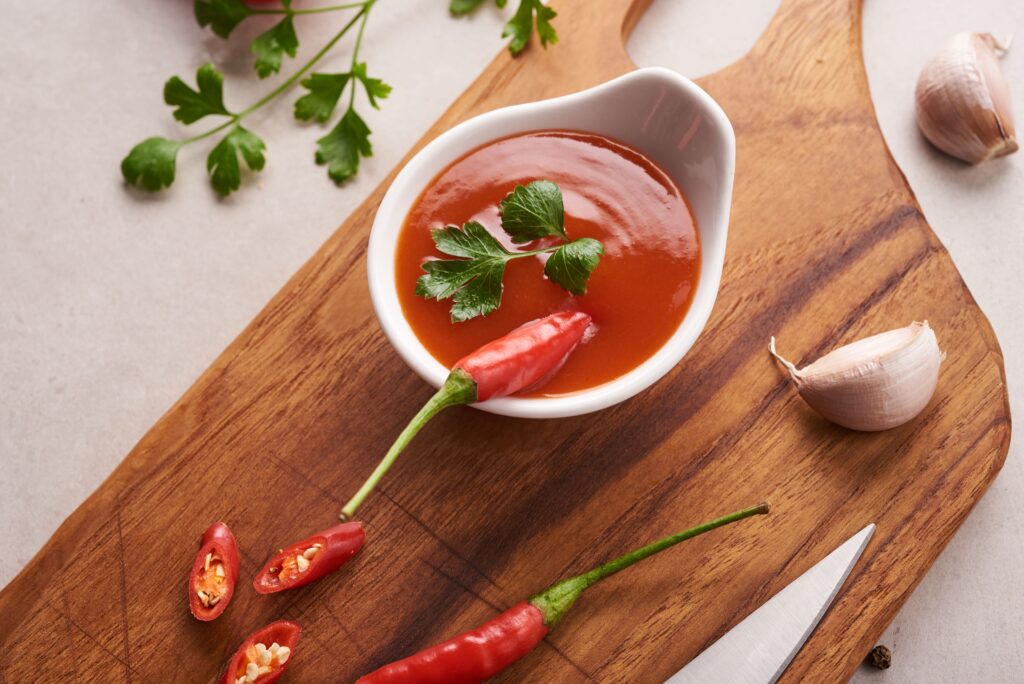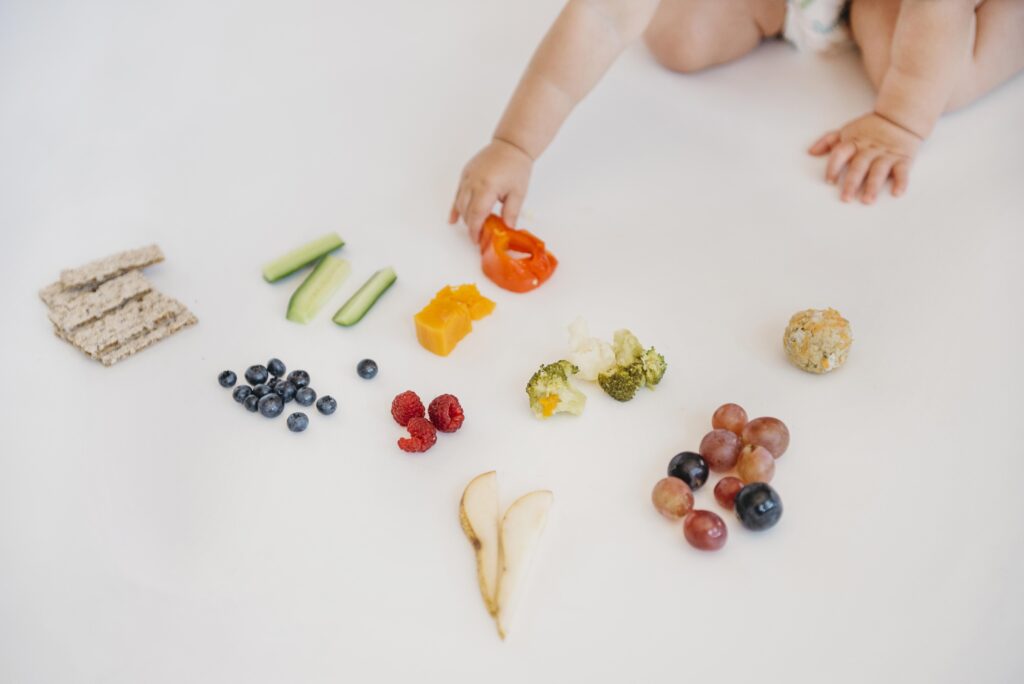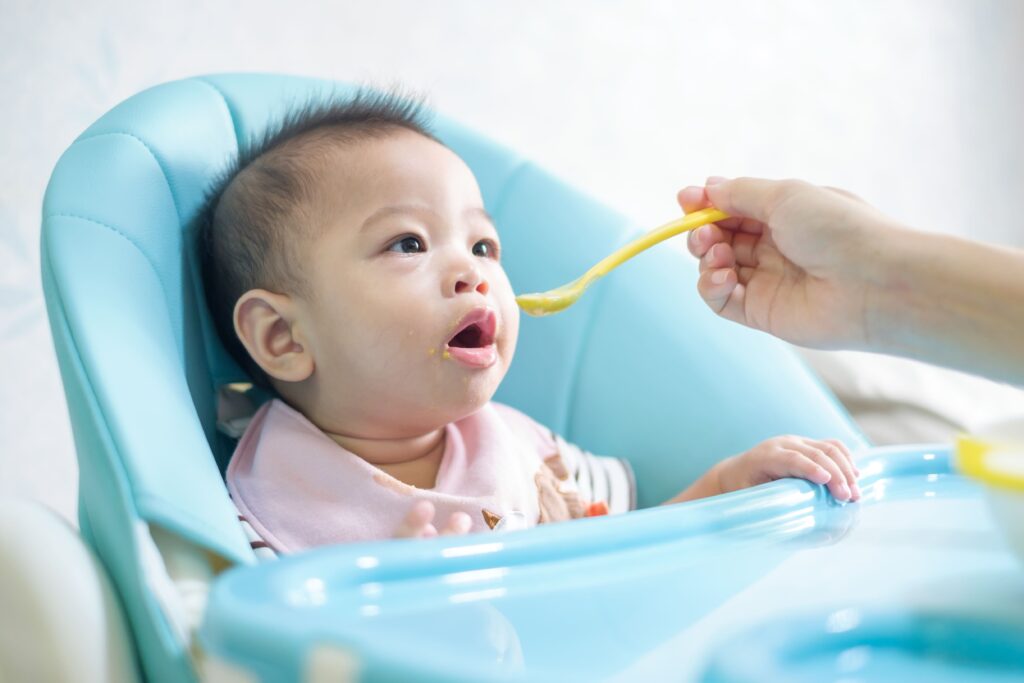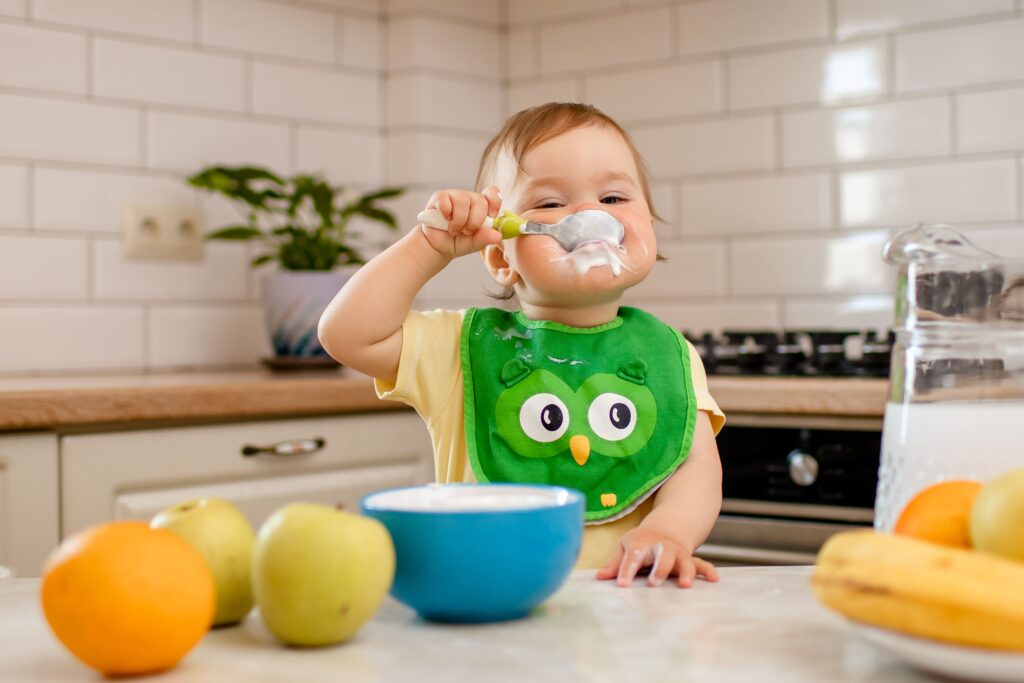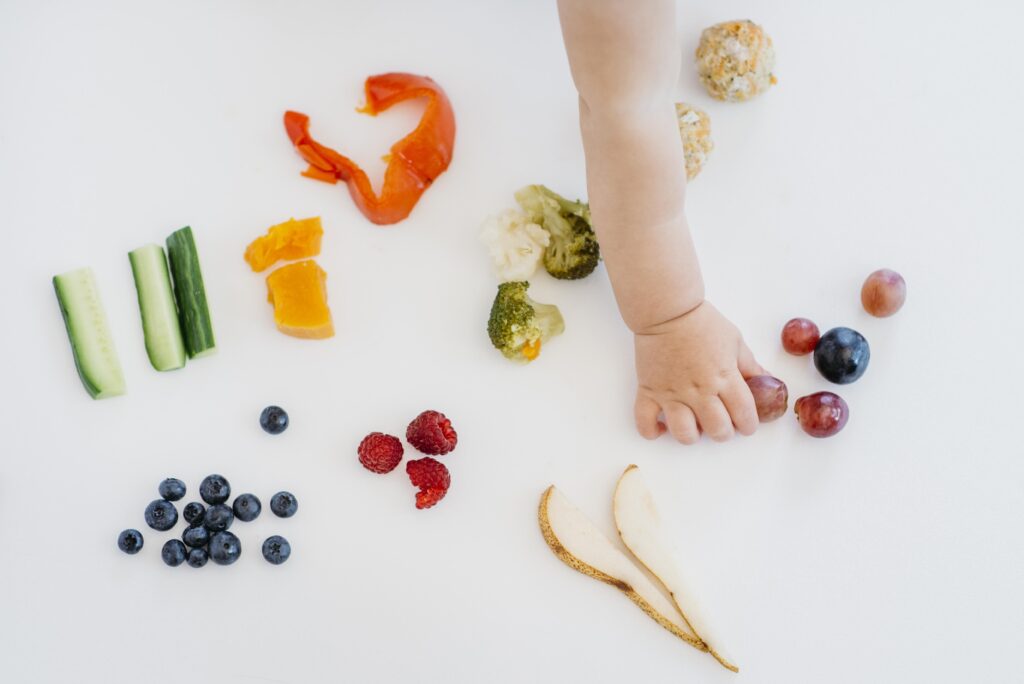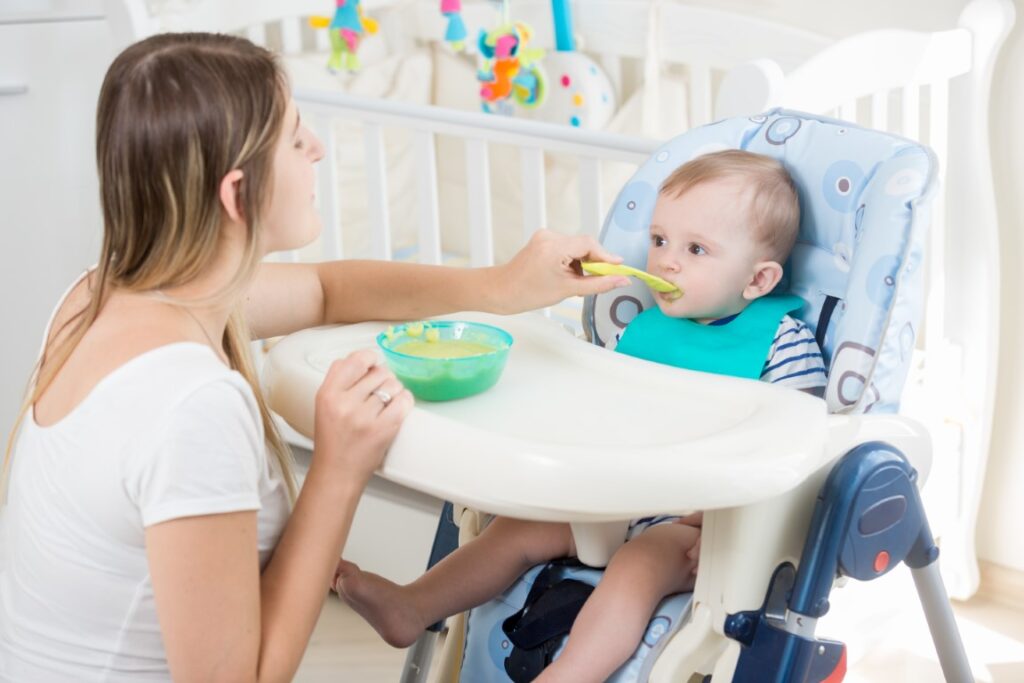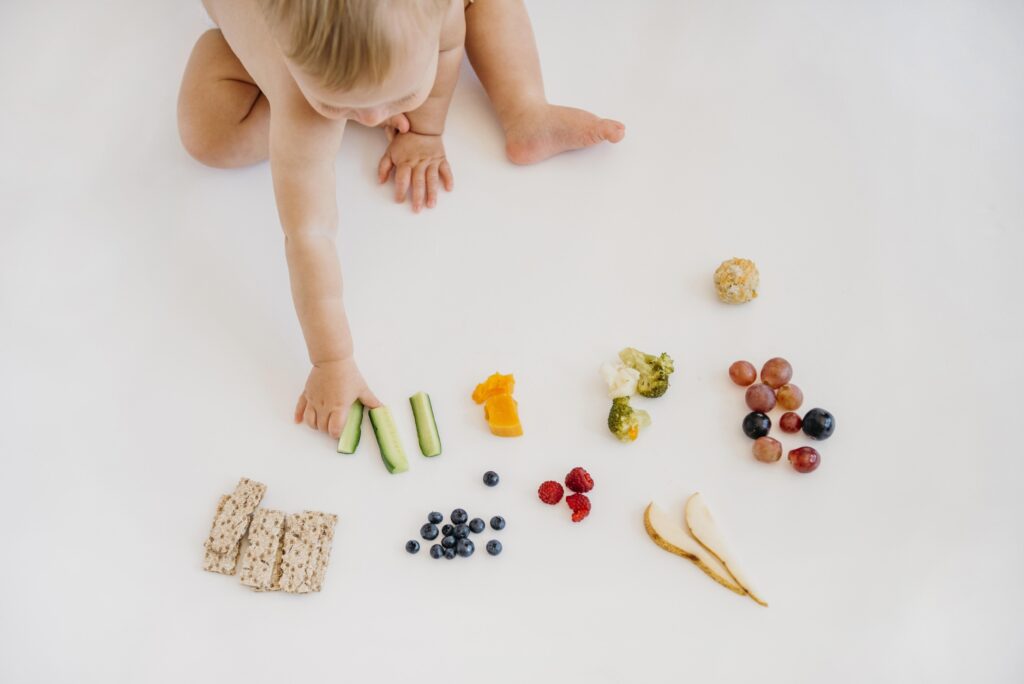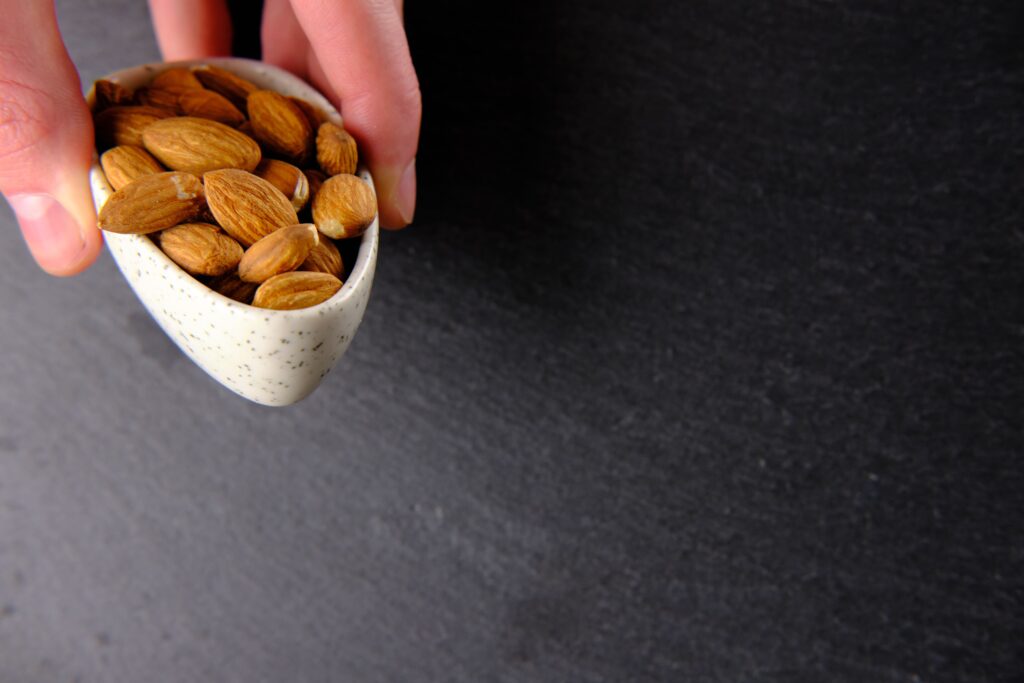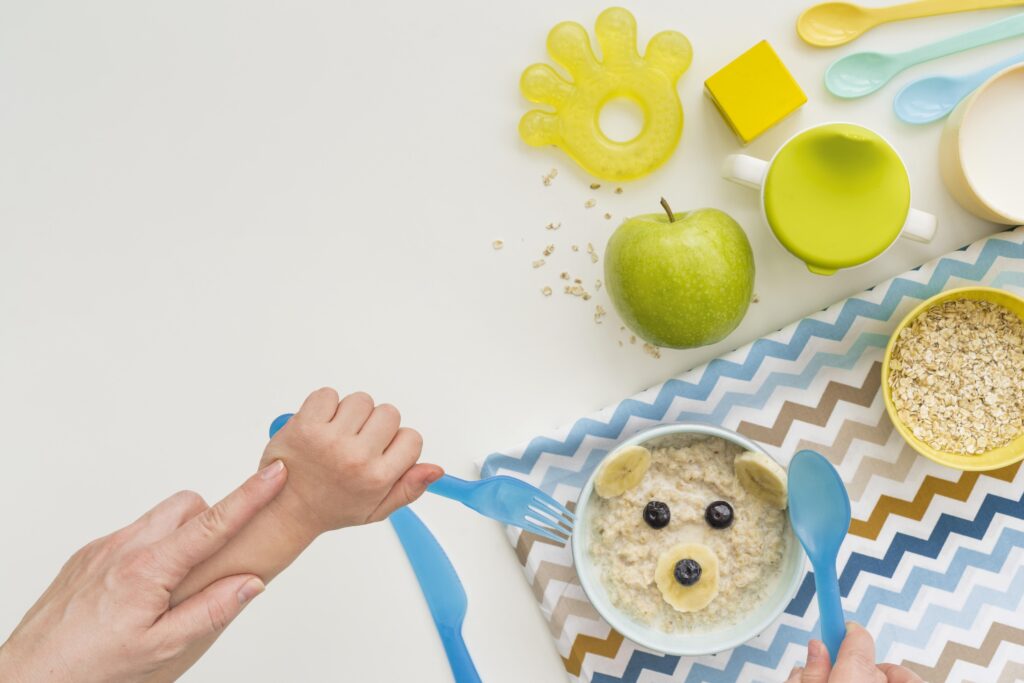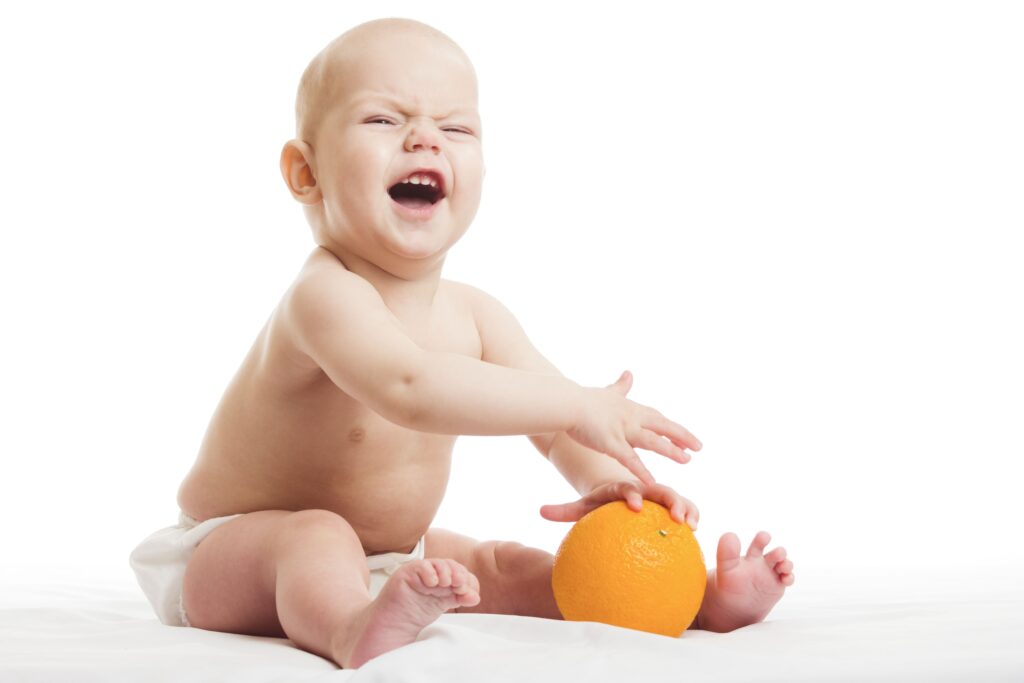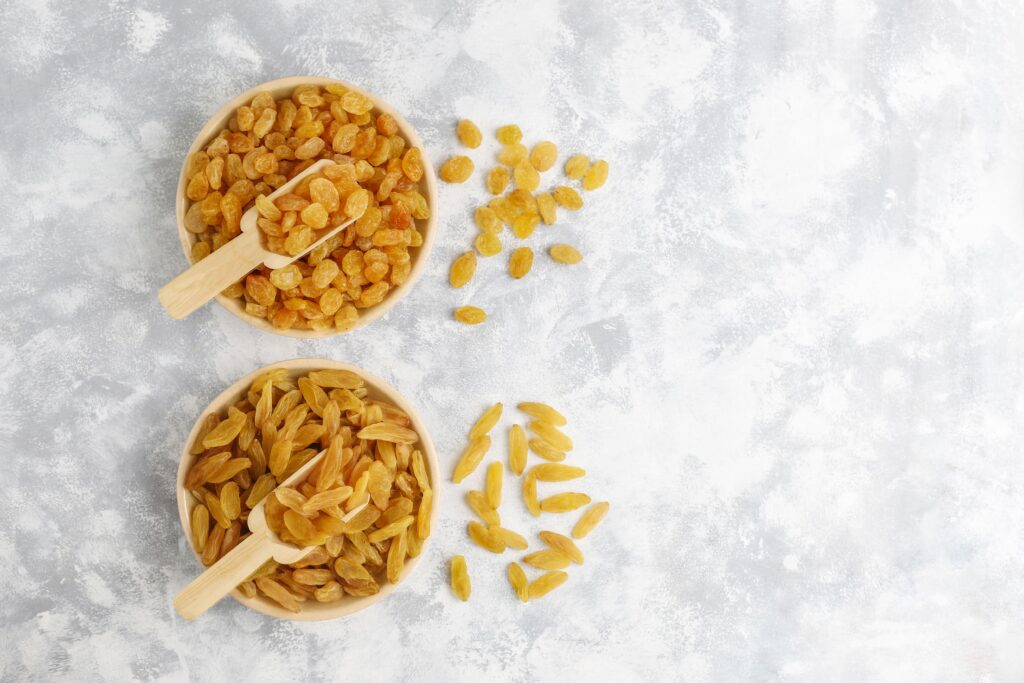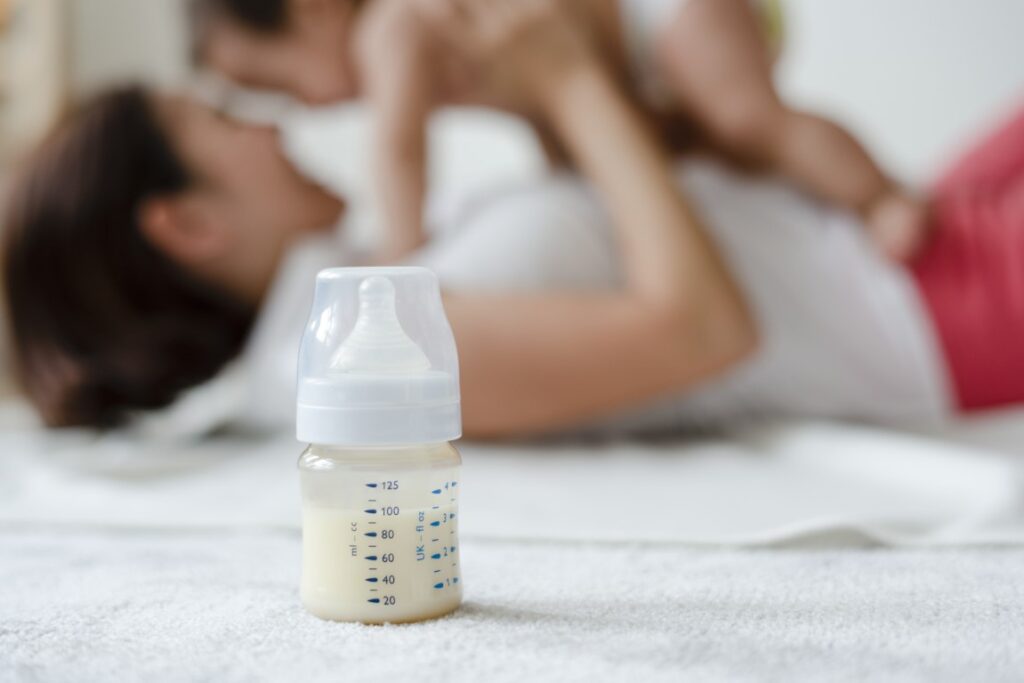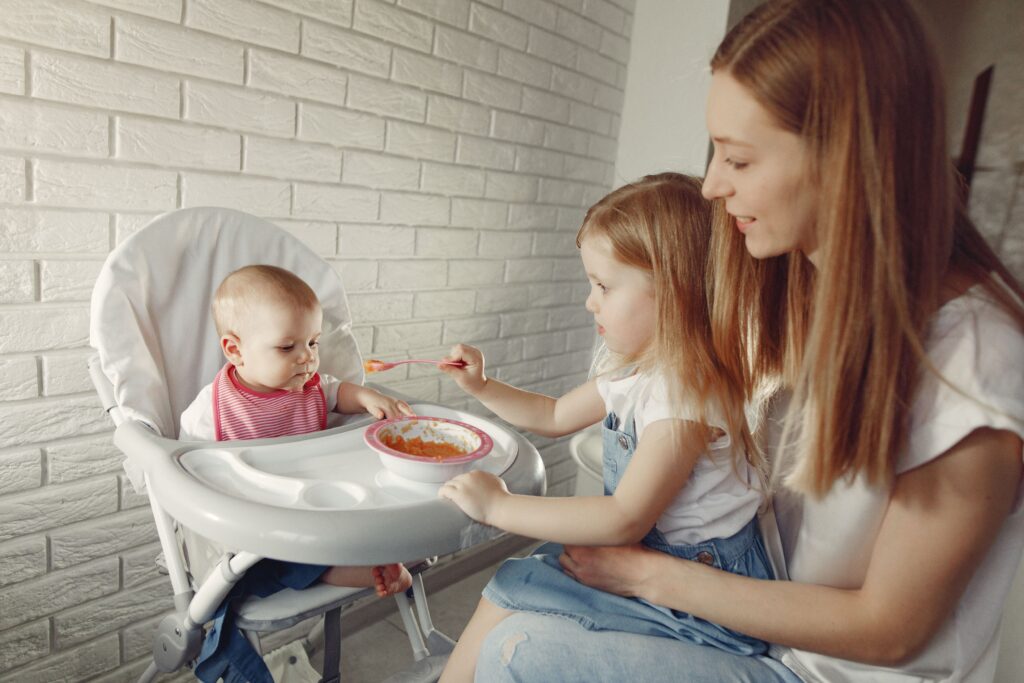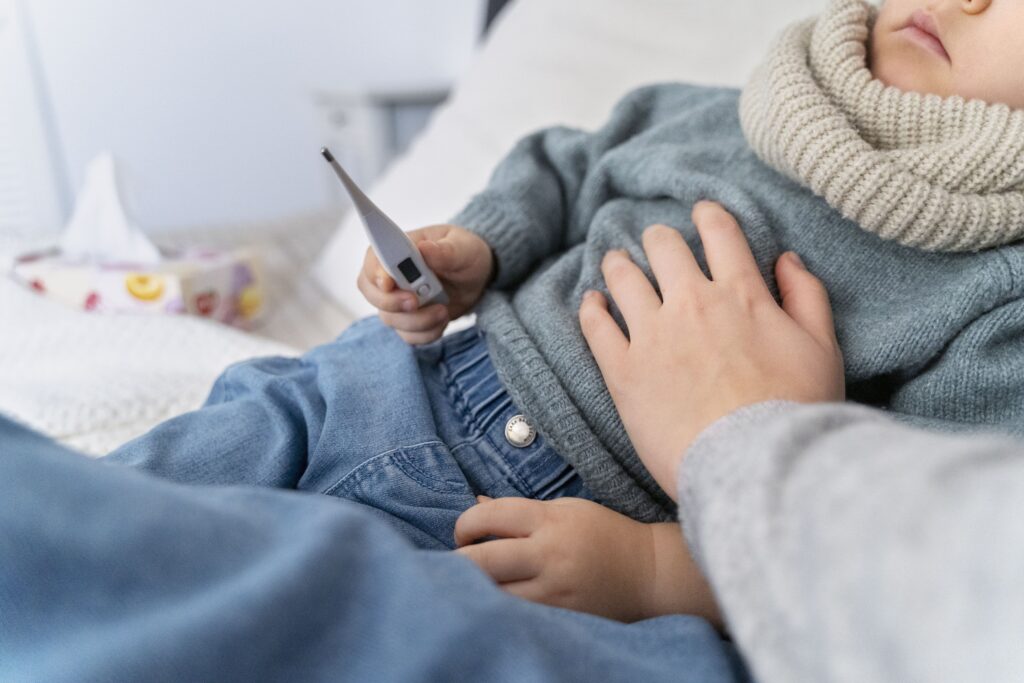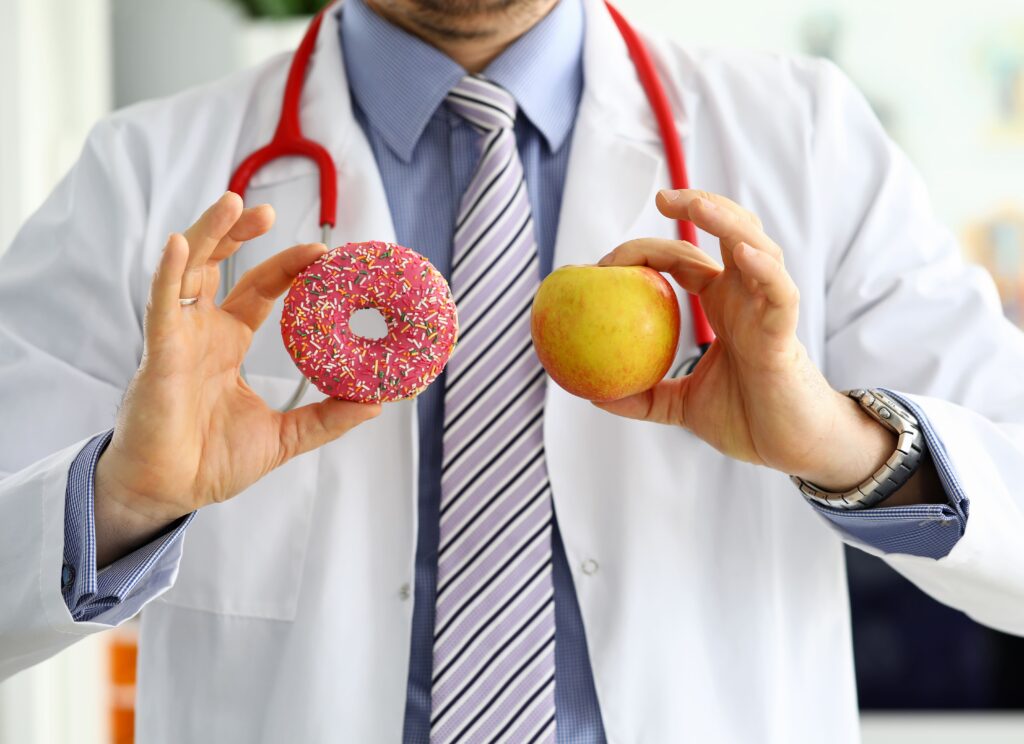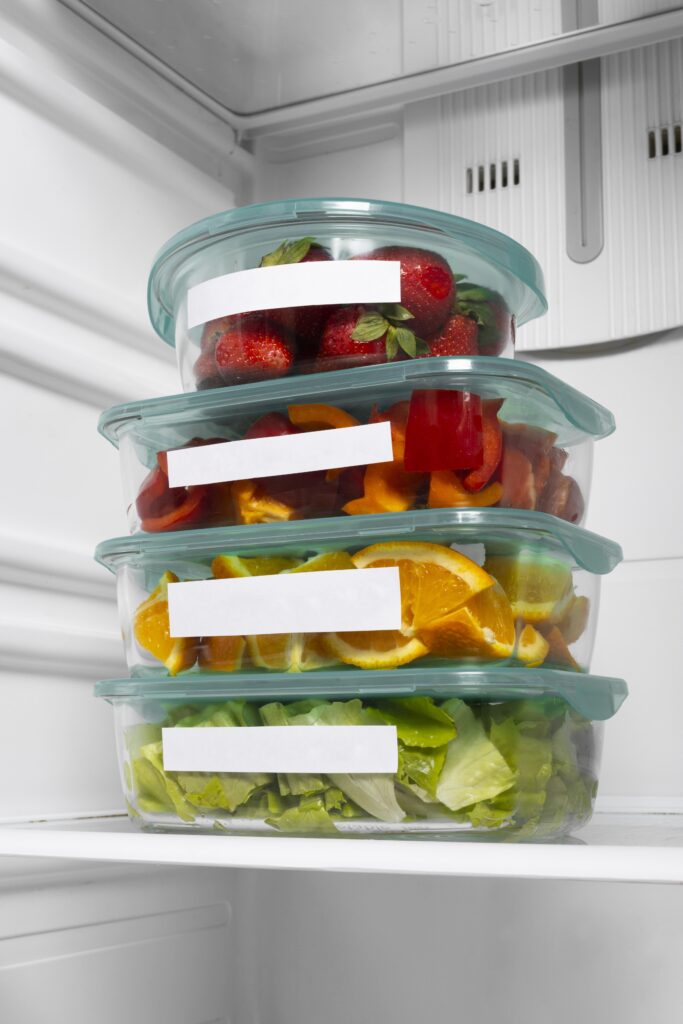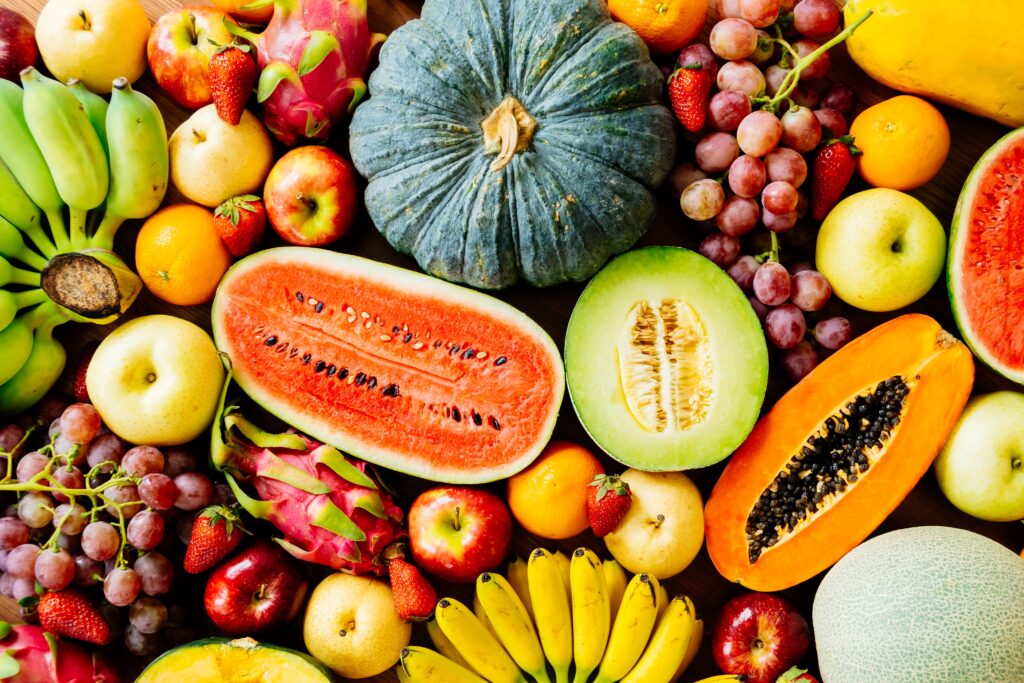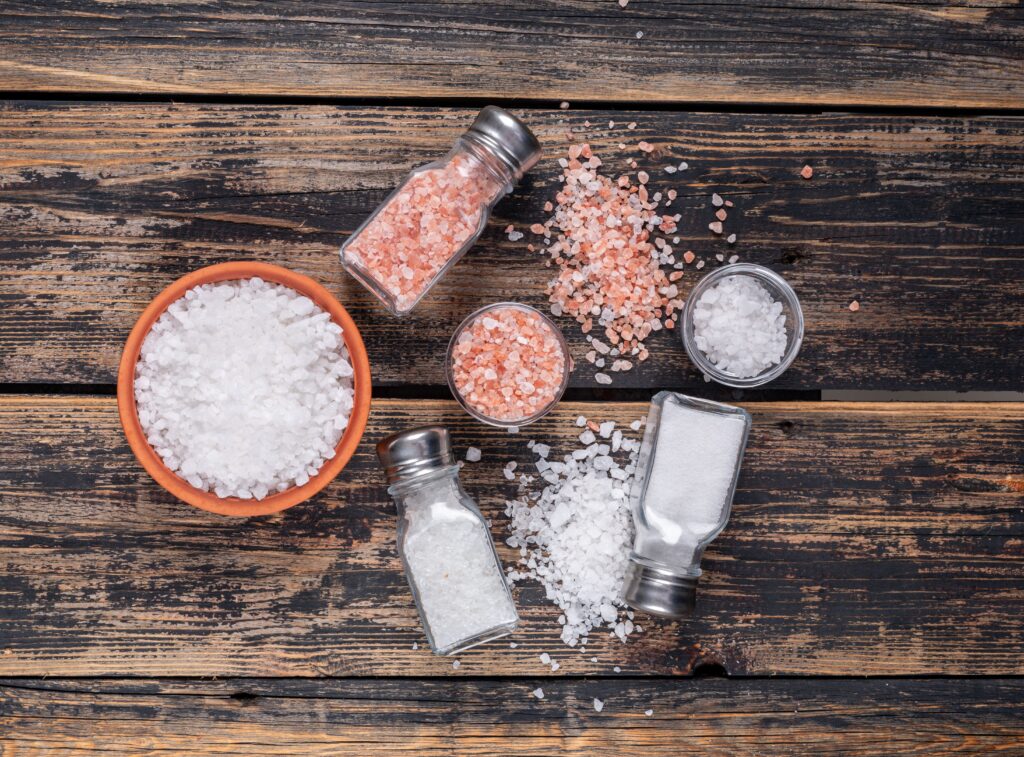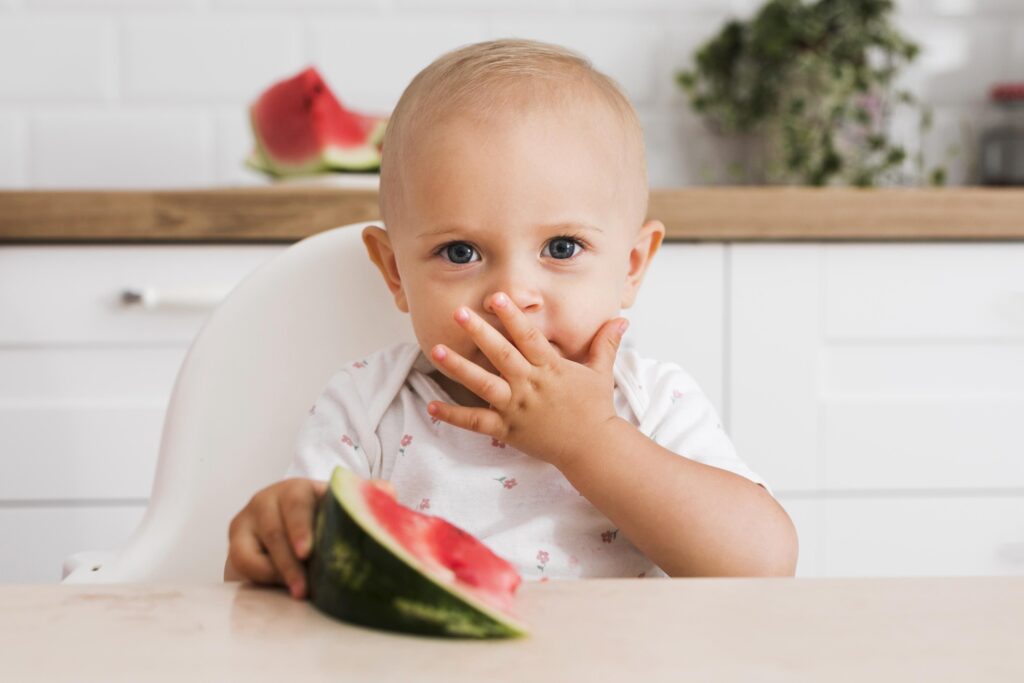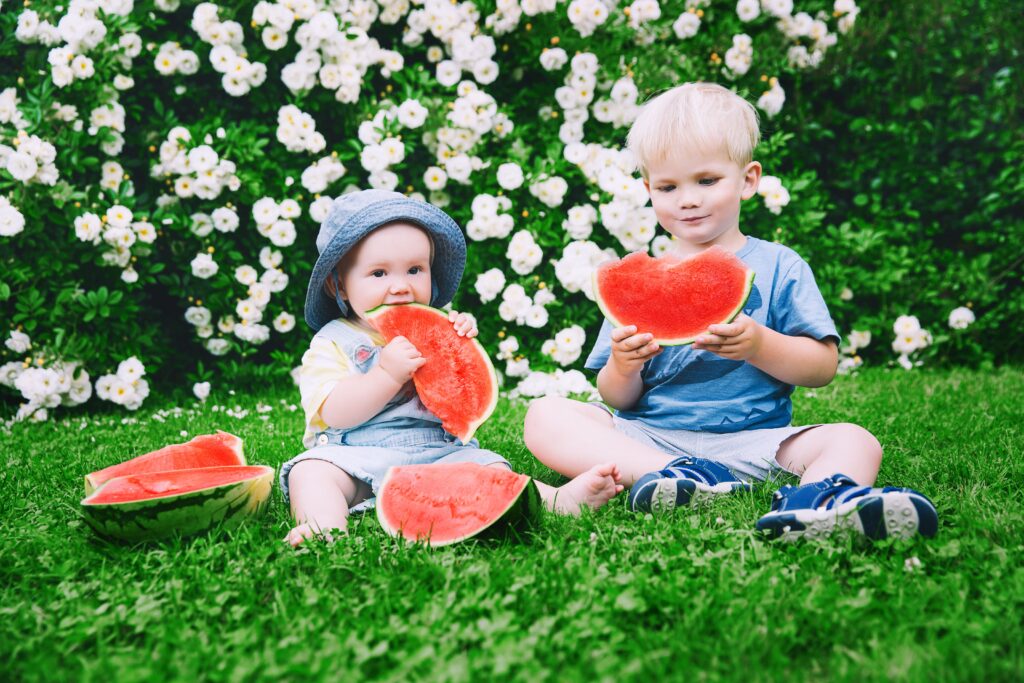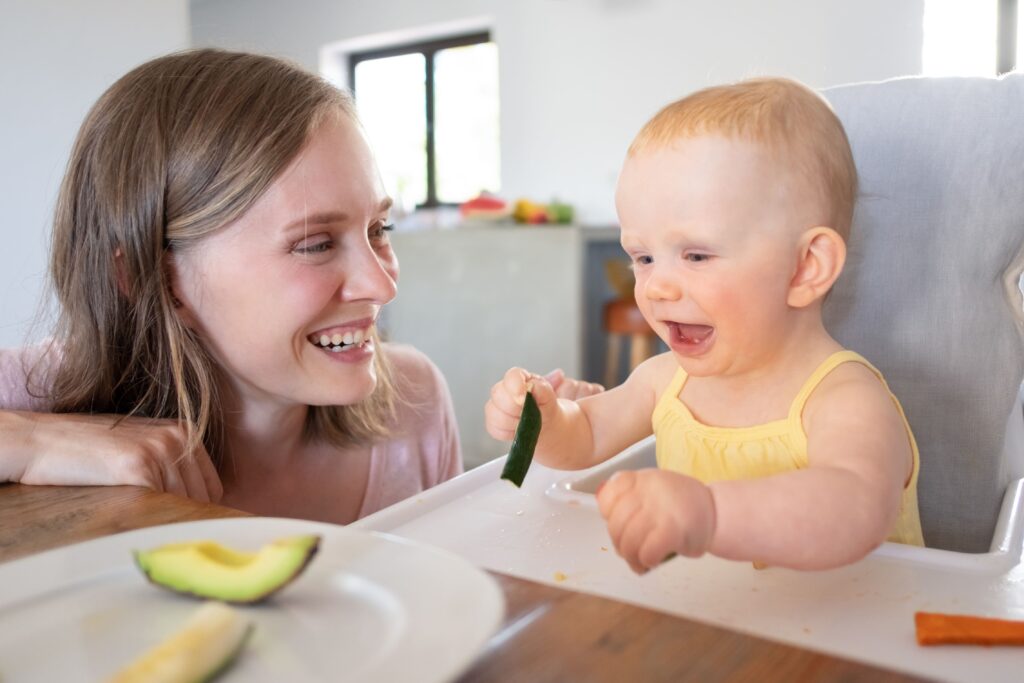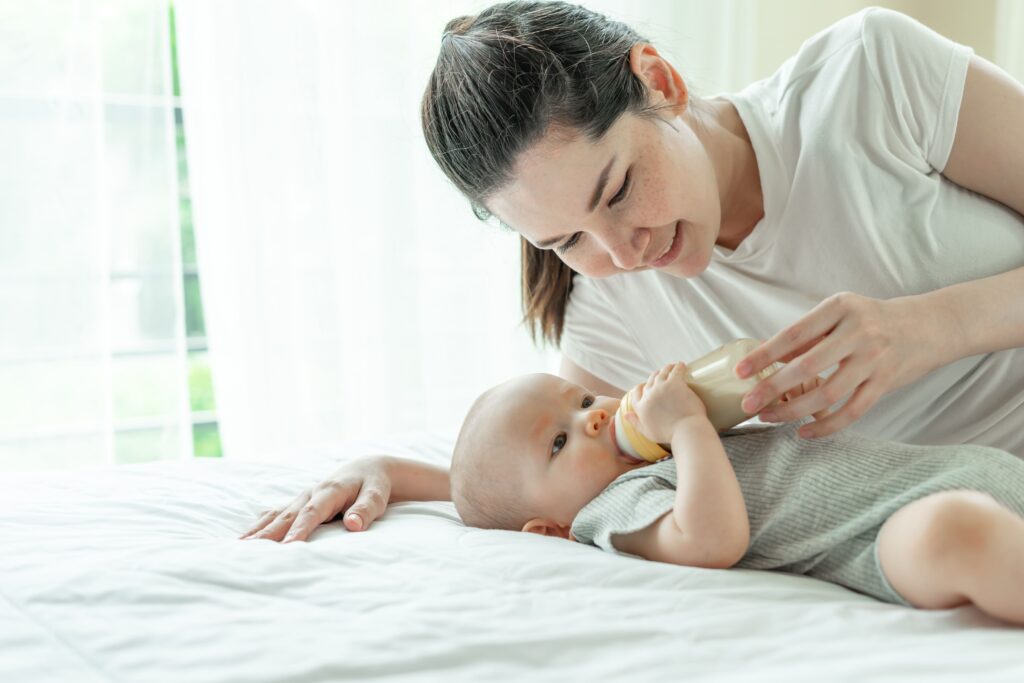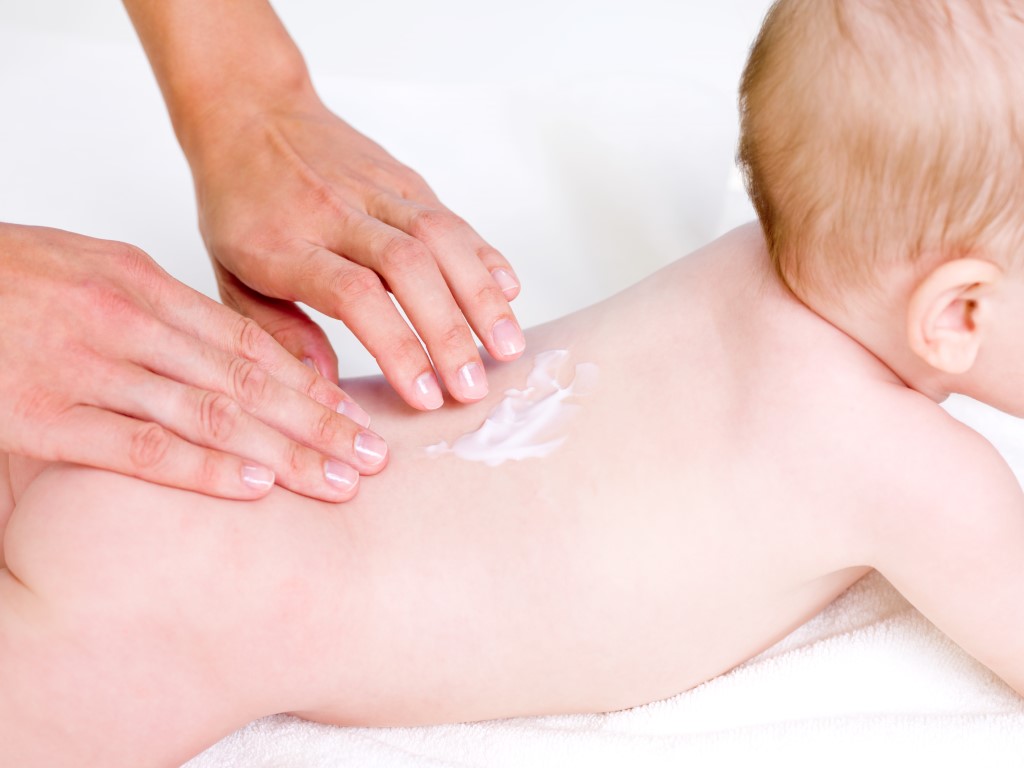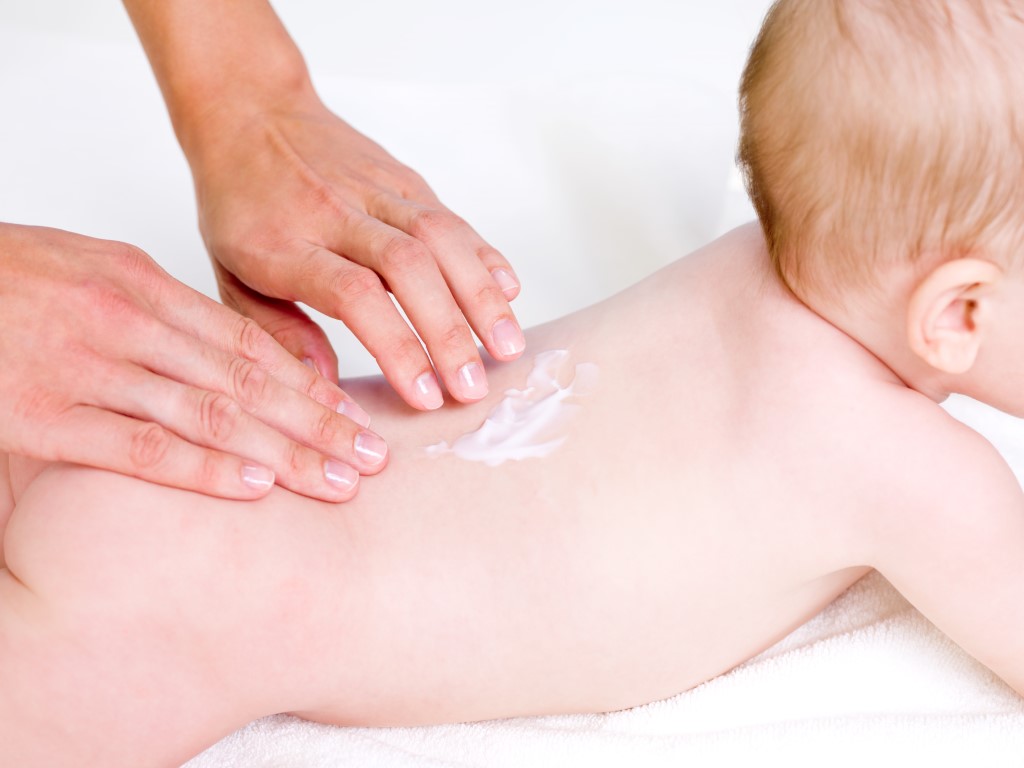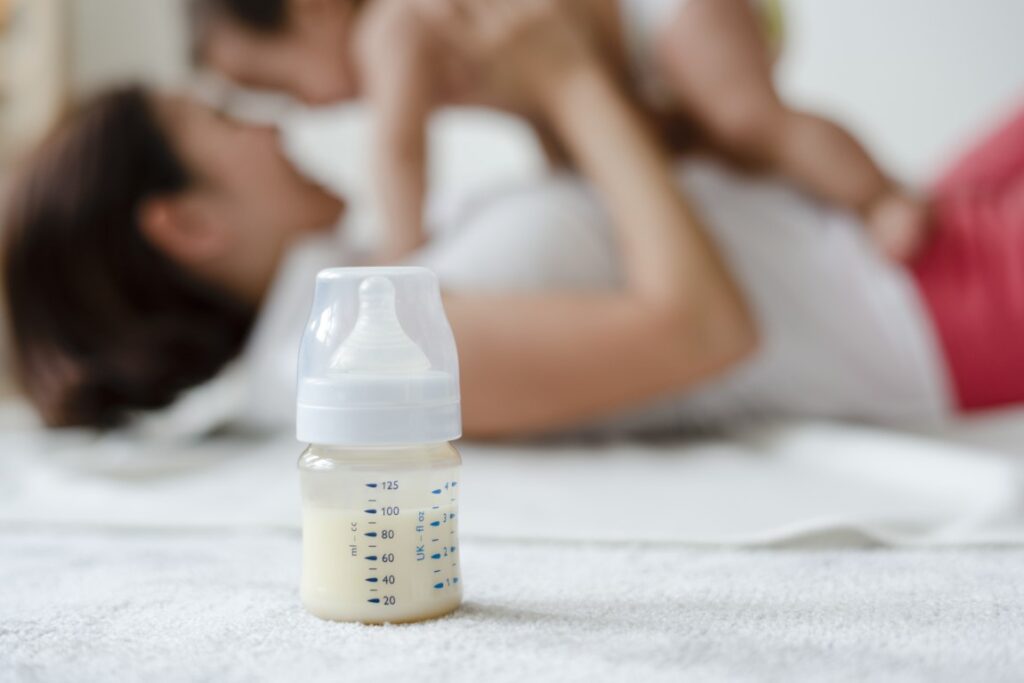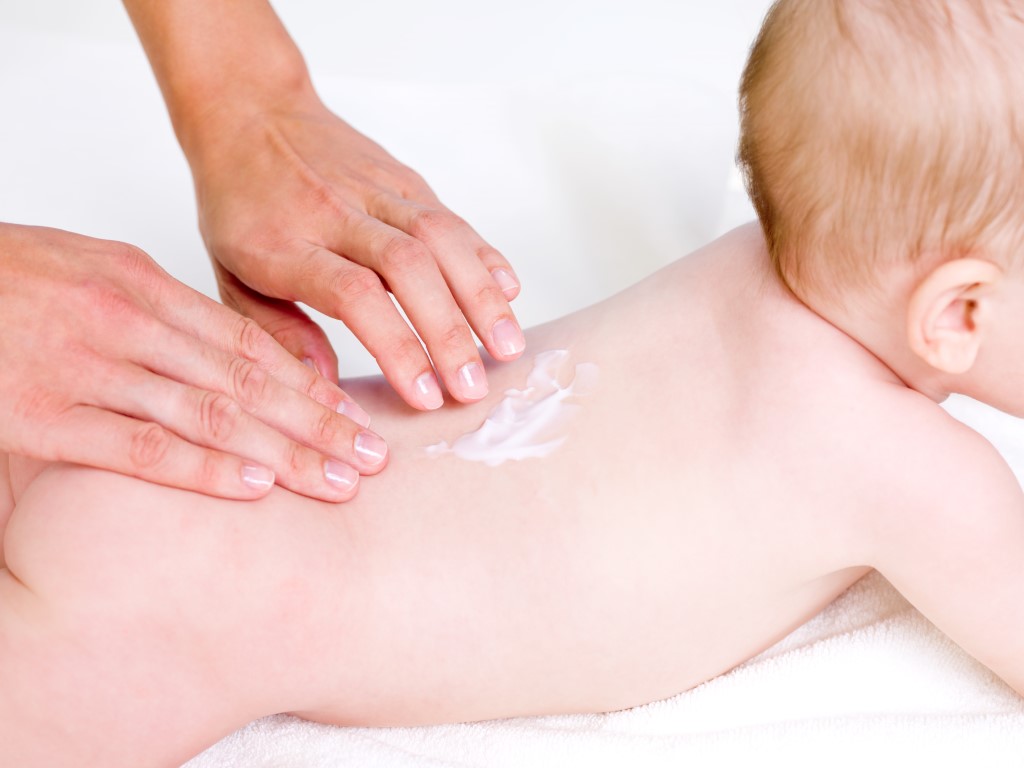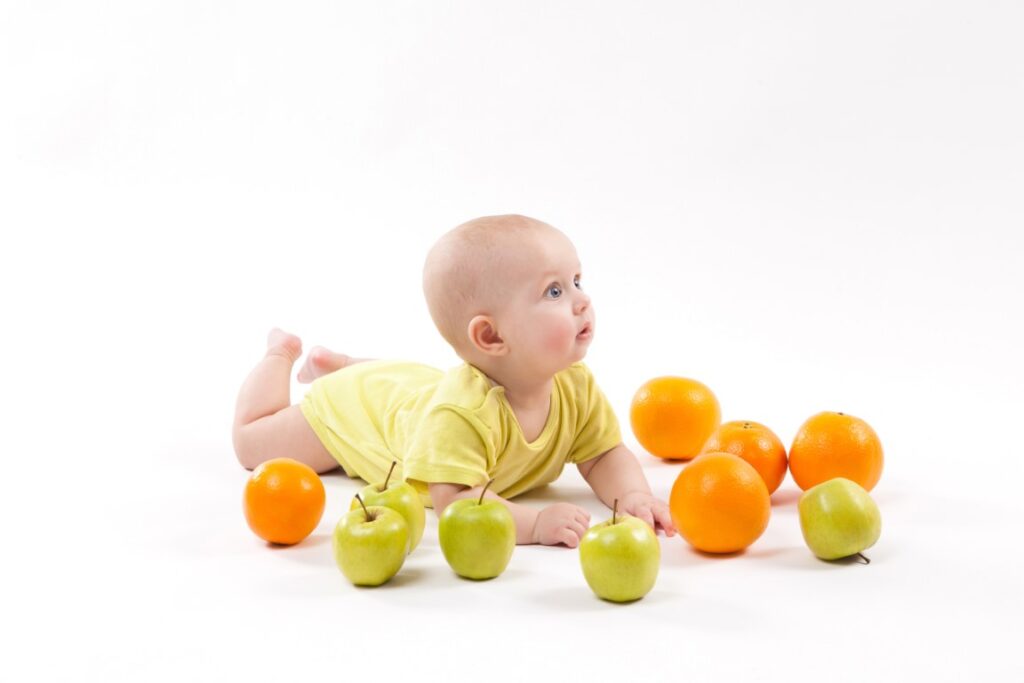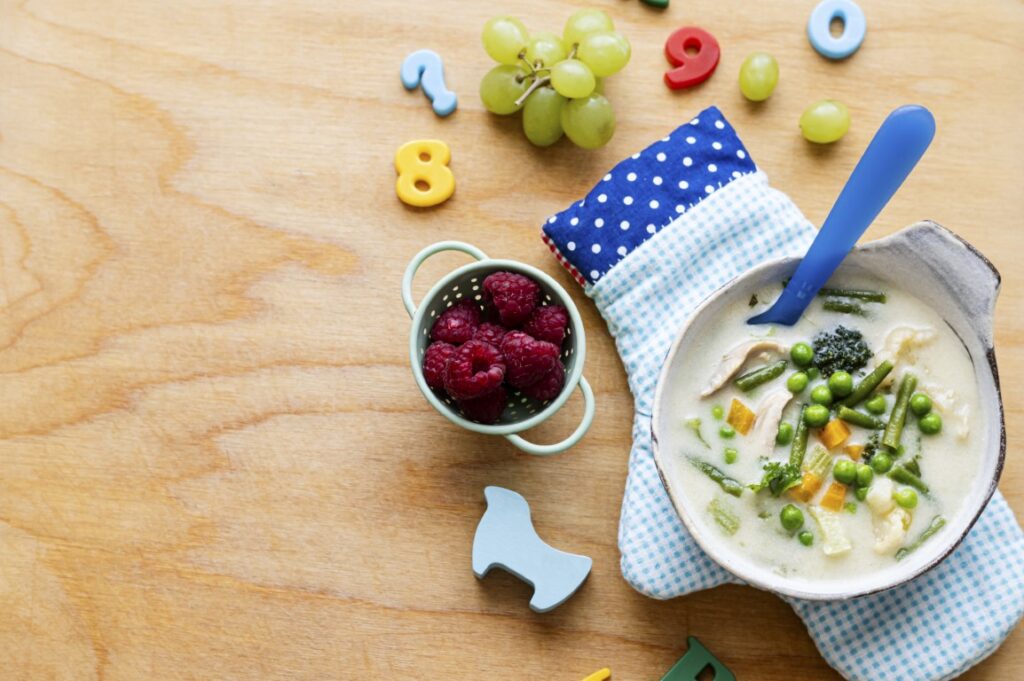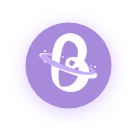– Always read food labels carefully. Multi-ingredient baby food blends may be a good option. Keep in mind though, that many of them use the same first or second ingredient. In some recipes, such as kale/pear and spinach/pumpkin, sweet potatoes may be the first ingredient.
– Opt for a variety of cereals. Rice cereal can be a nutritious source of nutrients for babies, but it does not have to be the only cereal they eat. Rice absorbs more arsenic from the groundwater than other crops. Grains including oats, barley, couscous, quinoa, farro, and bulgur can be included in your baby’s diet. Infant foods that contain a variety of grains are an excellent choice.
– Check to see if your water is clean. Arsenic, for example, can contaminate well water, and Lead may be found in older pipes. If you’re concerned, check your water at your local health department.
· Breastfeed your infant as much as possible. Breastfeeding, as against formula feeding, can also help to reduce hazardous metal exposure. For the first six months, breastfeeding should be your baby’s only source of food.
– Avoid offering fruit juice. Serve entire fruits, sliced or pureed, to toddlers and young children instead of juice. The presence of heavy metals in various fruit juices may be concerning. Juice is also heavy in sugar and lacks the nutritional benefits of whole fruit. Breast milk or formula should be used for babies under the age of 6 months, while water and milk should be used beyond 6 months. When offering water to babies, offer boiled and then cooled water or filtered water to reduce toxic metal exposure.
– Select fish that is healthy for you. Mercury, methyl-mercury, and other metals can be found in high concentrations in some fish. Shark, orange roughy, swordfish, and albacore/white tuna are among the large predatory fish that consume other fish and live longer. Consuming too much-contaminated fish can impair a child’s developing neurological system. For youngsters, fish is an excellent source of protein and other nutrients, and many varieties are mercury-free. Pollock, salmon, cod, whitefish, and light tuna (solid or chunked) are also good alternatives.
– Make your own baby food if possible. Making your own fresh baby food at home has several advantages: it can be cost-effective, it avoids potential contaminants from processing or packing, and you have complete control over the contents. When making your own baby food, however, giving a variety of foods is just as important as not buying ready-to-eat baby food.
– Avoid smoking and using e-cigarettes. Secondhand and thirdhand smoke from both traditional and e-cigarettes can expose children to metals like cadmium and lead. While vaping, toxic metals from the vape coils can enter the air and be ingested. Carcinogenic chemicals in secondhand smoke can also raise the risk of cancer.
Stricter laws for detecting and managing the amount of heavy metals in diets for children are crucial. You can take a variety of steps early on to reduce the risk of your baby being exposed to harmful metals.

